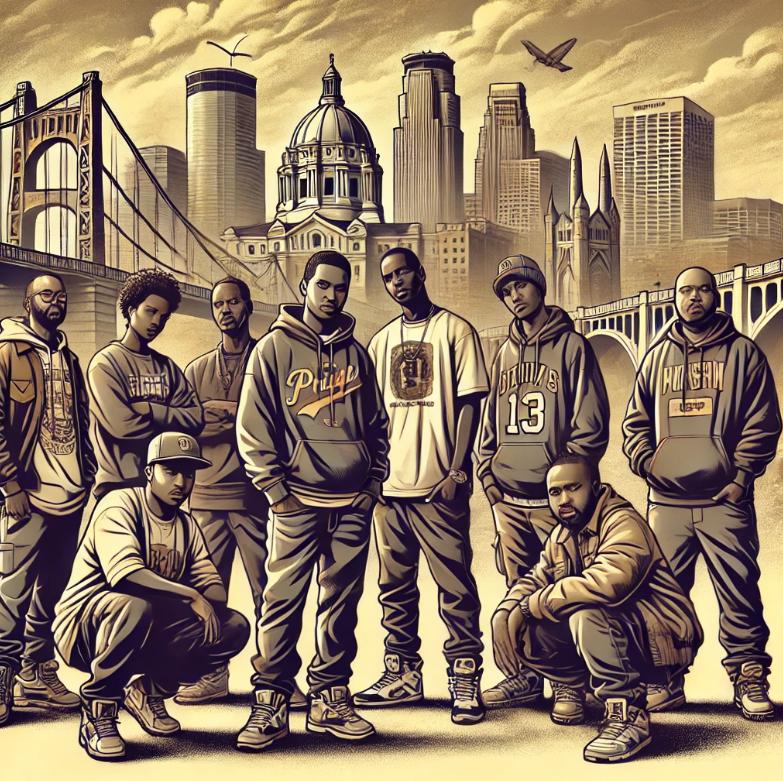
Minnesota Hip Hop, while often existing outside the mainstream spotlight, has cultivated a distinct and vibrant culture. This scene, built from the ground up through local gatherings and the dedication of artists and DJs, has produced a body of work that speaks to the unique experiences and creative spirit of the region. “25 Essential Minnesota Hip Hop Albums” delves into a selection of recordings that highlight the depth and variety of this often-unheard chapter of Hip Hop history.
The seeds of Hip Hop in the Twin Cities were planted in the early 1980s. DJs like Travitron played a key role in introducing the sound to local crowds, while radio stations like KMOJ became vital hubs, broadcasting new tracks and building a community around the developing genre. Early releases, such as “The Twin City Rapp” (1985) by David “T.C.” Ellis and C.T., represented the first steps in creating a lasting recorded history for Minnesota Hip Hop.
The scene’s growth faced obstacles. Early performance spaces were scarce, and Hip Hop often encountered resistance from establishments wary of the culture. Yet, a committed group of artists and fans persisted, creating their own avenues for expression and collaboration. This determination gave rise to influential figures and crews who shaped the character of Minnesota Hip Hop. Groups like Atmosphere, with their introspective lyrics and atmospheric production, became central figures, while the Doomtree collective, a sprawling crew of rappers and producers, introduced a dynamic and collaborative approach. Rhymesayers Entertainment, an independent label founded in Minneapolis, became a central force, providing a platform for many of these artists and helping to define the sound of the region. Brother Ali, known for his powerful delivery and socially conscious lyrics, is one artist who found a home on Rhymesayers.
This article digs into a collection of albums that trace different periods and styles within the state’s Hip Hop story. From early recordings that capture the raw energy of the scene’s beginnings to later works that explore complex themes and branch out in new musical directions, these albums offer a real taste of the creative fire burning in Minnesota artists. You’ll find selections from well-known groups and solo artists alongside some hidden gems that deserve a wider audience. We’ve focused on what makes each album tick musically, looking at the production, the lyrics, and the overall vibe the artist creates. We want to give you a detailed and engaging look at these records, to provide a sense of Minnesota’s unique contribution to Hip Hop.
Atmosphere - Overcast! (1997)
Atmosphere’s Overcast! is a striking introduction to the raw, independent energy of late ’90s Minnesota Hip Hop. Released in 1997, the album’s gritty production and dense lyricism laid an early foundation for what would become one of the most distinctive voices in underground rap. While it doesn’t fully capture the depth and cohesion of Atmosphere’s later work, Overcast! remains an essential record for its pioneering role in putting Minnesota on the Hip Hop map.
The album’s beats, crafted by producer Ant, are sparse and unpolished, built around slow, murky loops and grimy drum patterns. Tracks like “Sound Is Vibration” showcase an almost hypnotic minimalism, with eerie harps and distorted samples weaving an off-kilter backdrop. It’s not the most dynamic production, often feeling stuck in a specific mood, but its rough edges match the emotional turbulence at the core of the album.
Slug, joined by fellow emcee Spawn, delivers verses steeped in frustration, cynicism, and introspection. Tracks like “Scapegoat” unravel with relentless lists of societal and personal grievances, from religion to consumerism, all delivered with a sharp, almost biting cadence. The track’s slow, plodding piano loop heightens its brooding intensity, making it one of the album’s standout moments. Similarly, “1597” opens the record with Slug’s self-reflective musings, his vivid wordplay immediately pulling listeners into his world.
Despite its highlights, Overcast! has its flaws. At 18 tracks, it can feel bloated, with moments of redundancy that weigh down its pacing. Spawn’s contributions are serviceable but often overshadowed by Slug’s more charismatic delivery, and the album’s production occasionally feels dated, lacking the dynamic touch Ant would later refine. Still, these imperfections reflect the raw ambition of a group carving out its identity.
Overcast! may not be Atmosphere’s finest work, but it’s impossible to ignore its historical significance. At a time when independent Hip Hop was emerging as a counterpoint to the glossy excess of mainstream rap, this album stood as a rallying cry for the underground scene. It’s not perfect, but its impact on Minnesota Hip Hop is undeniable, making it an essential listen for anyone tracing the roots of the genre in the Midwest.
The Dynospectrum - The Dynospectrum (1998)
Released in 1998, The Dynospectrum is a dark, intricate gem within Minnesota Hip Hop, a record that embodies its own enigmatic world. Crafted by Ant (credited as Solomon Grundy) and featuring Slug, Musab, I Self Devine, and Swift, this project thrives on moody minimalism and lyrical dexterity. Each artist assumes an alias, adding layers of mystery and creative freedom to the collective’s voice. What emerges is an album steeped in shadowy beats and lyrical exploration, hovering between the personal and the surreal.
Ant’s production drives the album’s haunting atmosphere. He builds each track with skeletal drum patterns and sparse melodies—eerie piano loops, ominous strings, and ghostly samples. On tracks like “Introspectrum,” the beats are cavernous, leaving ample space for the vocalists to weave their narratives. Rainy echoes and low-end thumps form the backbone of “Armor,” the album’s foreboding closer. The result is a sound that feels as if it’s seeping from the frozen streets of Minneapolis, chilling and immersive.
Lyrically, the emcees take turns stepping into a murky landscape of abstraction and storytelling. Their verses feel less like declarations and more like snapshots from fevered dreams, where clarity is always just out of reach. Slug (Sep Seven) plays with his characteristic introspection, while I Self Devine (Pat Juba) brings an urgency to his delivery. Musab (General Woundwart) and Swift (Mr. Gene Poole) add contrasting textures, from swaggering bravado to poignant self-reflection. Tracks like “Traction” and “Decompression Chamber” thrive on their interplay, each verse offering a distinct lens while maintaining a cohesive energy.
Despite the collective’s intensity, the listening experience has a surprising intimacy. The album has a basement-session feel, as if you’re eavesdropping on a creative experiment unfolding in real time. Ant’s subtle production choices—dropping out drums for emphasis or stretching a loop to its breaking point—add depth without overwhelming the emcees.
The Dynospectrum captures a moment in time when Rhymesayers was still carving out its identity. It’s an album that rewards patience, drawing listeners into its icy, brooding depths. For those willing to step into its shadowy terrain, it remains a singular, unforgettable chapter in Minnesota Hip Hop history.
Atmosphere - God Loves Ugly (2002)
Released in 2002, God Loves Ugly by Atmosphere is an emotional deep dive into vulnerability and self-awareness, built on melancholic production and unfiltered lyricism. Ant’s beats ground the album with a gritty yet introspective foundation, blending sharp snares and bass-heavy grooves with haunting piano loops and eerie vocal samples. The result is an atmosphere that’s equal parts unsettling and magnetic—one that invites the listener to sit with discomfort while exploring the stories within.
Slug’s writing takes center stage, painting vivid scenes of personal struggle, fractured relationships, and existential doubt. On tracks like “F*@k You Lucy,” he untangles the bitterness of heartbreak through dense metaphors and raw delivery. His voice cracks with anger, but there’s a sadness lingering underneath, amplifying the song’s emotional weight. Meanwhile, the title track, “Godlovesugly,” flips the concept of beauty, challenging conventional ideals with lines that feel confrontational and reflective all at once. The refrain, coupled with Ant’s minimalist piano and thumping bass, lingers long after the track ends.
Ant’s production thrives in its minimalism. Songs like “Modern Man’s Hustle” balance sparse instrumentation with a hypnotic rhythm, letting Slug’s conversational flow shine. Here, the beats aren’t overly polished—they’re stripped-down, gritty, and deeply human, mirroring the imperfections in the stories being told. On “Lovelife,” rain and thunderstorm samples add a layer of atmospheric tension, amplifying themes of uncertainty and fleeting hope.
Lyrically, God Loves Ugly feels like a confessional journal turned into a Hip Hop album. Slug dissects his flaws, insecurities, and resilience with brutal honesty, often blurring the line between introspection and performance. Tracks like “One of a Kind” embrace self-awareness, with Slug addressing the pressures of indie stardom and his determination to stay true to himself, all while trading barbs at critics and imitators.
The pacing of the album ebbs and flows, alternating between the frenetic energy of tracks like “The Bass and the Movement” and the somber tone of songs like “A Girl Named Hope.” This contrast keeps the album engaging, even when the mood leans overwhelmingly heavy.
God Loves Ugly is a deeply personal project, marked by its emotional rawness and refusal to sugarcoat pain. Its blend of introspective storytelling and stripped-down production makes it a cornerstone of Atmosphere’s catalog and a defining moment in Minnesota Hip Hop.
Oliver Hart (Eyedea) – The Many Faces Of Oliver Hart (2002)
Released under the pseudonym Oliver Hart, Eyedea’s The Many Faces of Oliver Hart is an intricate labyrinth of sound and thought. This 19-track opus reveals Eyedea’s lyrical prowess and restless creativity, weaving a complex mix of social critique, introspection, and surreal storytelling. Entirely self-produced, the album feels like an intimate conversation between artist and listener—raw, unpolished, and deeply personal.
The production leans on stripped-down, often unconventional beats, giving the record an organic, experimental quality. Tracks like “Weird Side” and “Song About a Song” channel a playful, almost manic energy with loose rhythms and jazzy undertones. Others, like “Bottle Dreams” and “Soundtrack of a Romance,” slow the pace, offering hauntingly vivid narratives underscored by muted, somber instrumentals. The shifts in tone are frequent but deliberate, reflecting the multifaceted persona Eyedea creates with Oliver Hart.
Lyrically, Eyedea balances sharp wit with poignant reflection. “How Much Do You Pay?” critiques the hollow materialism of American life, cutting through with lines like, “Make money and die, that’s the American way.” In “Walking,” he turns inward, exploring themes of identity, self-doubt, and mental isolation. His voice—at times defiant, other times vulnerable—cuts through the abstract production with a clarity that demands close attention.
The album’s structure feels loose, almost improvised, but this lack of polish is part of its charm. Eyedea’s freewheeling approach often feels more like spoken word poetry than conventional rap, with verses tumbling over themselves in a rush of ideas. Moments of humor, like the tongue-in-cheek bravado of “Coaches” with Carnage, offset the heavier tracks, giving the album an unpredictable dynamism.
At nearly 70 minutes, The Many Faces of Oliver Hart can feel overwhelming. But for those willing to invest the time, the reward is an album that is equal parts confessional and confrontational, as challenging as it is compelling. Tragically, Eyedea—born Micheal Larsen—passed away in 2010 at the age of 28, cutting short a career defined by relentless creativity and intellectual depth. His legacy lives on through albums like this, which remain vital listening for fans of underground Hip Hop.
Musab - Respect The Life (2002)
Musab’s Respect The Life (2002) is a masterful balance of raw lyricism and deft production, offering a snapshot of Minnesota’s underground Hip Hop scene at the time. Released under the Rhymesayers label, the album finds Musab—formerly known as Beyond—delivering sharp verses over a variety of beats crafted by producers like Ant, Brother Ali, Vitamin D, and Jake One. The result is an album that effortlessly blends introspective raps with accessible beats, creating a listening experience that’s both grounded and expansive.
The album opens with the brief but effective “Intro,” setting a reflective tone that carries through the rest of the project. From there, the beat-driven “Slicks Box” kicks in with a smooth rhythm, while Musab’s verses offer up clever wordplay and vivid imagery, demonstrating his ability to turn personal reflection into universal appeal. He’s confident and fluid throughout, whether the track calls for braggadocio or deeper introspection, as heard on “Posin’” and “Cut Throat.”
While Respect The Life includes tracks that could be classified as Hip Hop anthems—like the energetic “Midwest Biz” and the sharp “Powerite”—there’s a more nuanced side to the album as well. Musab’s introspective moments, such as in “Fools Paradise” and “Life in a Day,” dive into themes of struggle and survival, while the bass-heavy “What Time Is It?” shows a more urgency-driven side of his delivery.
Guest appearances by Brother Ali, Desdamona, and One Man Army of Binary Star help round out the album, bringing additional flavor to the project without overshadowing Musab’s voice. The production, with its mixture of soulful samples and hard-hitting drums, consistently supports the mood of the album without overwhelming it. “Six Million Ways” and “Tiger Woods” stand out as tracks where the beat and the lyricism meet in a way that feels fresh and relevant, adding layers to the experience.
Though it didn’t receive widespread attention at the time, Respect The Life remains a well-crafted work, offering deep lyricism and solid production from start to finish. For fans of thoughtful, inventive Hip Hop, this album is a hidden gem that deserves more recognition.
Brother Ali - Shadows On The Sun (2003)
Brother Ali’s Shadows on the Sun is a gripping collision of raw lyricism and soulful production that feels as immediate now as it did upon release. Over beats crafted by Atmosphere’s Ant, Ali explores identity, hardship, and resilience with unflinching honesty and a voice that carries equal weight in its vulnerability and ferocity. The album is deeply rooted in storytelling, capturing snapshots of inner-city life, personal battles, and broader societal issues, all with an eye for vivid detail.
Ant’s production on the record is remarkably versatile, shifting from triumphant to reflective with ease. Tracks like “Forest Whitaker” lean on warm soul samples and rich organ loops, amplifying the humor and pride in Ali’s self-affirming verses. Meanwhile, songs such as “Room with a View” delve into darker territory, with haunting melodies underscoring Ali’s poetic observations of his surroundings. Ant’s ability to tailor the mood to each song’s narrative gives the album a cohesive, cinematic quality.
Ali’s delivery is as striking as the content of his verses. His voice is commanding, with a cadence that can be smooth and conversational or cut like a hammer, depending on the moment. On “Champion,” Ali bristles with battle-ready bravado, throwing razor-sharp bars over pounding drums. By contrast, “Picket Fence” reveals a more introspective side, as Ali confronts painful truths about family and societal pressures, the somber tone of his flow mirroring the track’s emotional weight.
Throughout the album, Ali’s authenticity shines through. “Forest Whitaker” remains one of the most unforgettable tracks, where Ali humorously lists his physical imperfections but turns them into a declaration of self-love and individuality. It’s an anthem for anyone who’s ever felt different or marginalized, wrapped in a groove so infectious it’s impossible not to feel uplifted.
With Shadows on the Sun, Brother Ali established himself as one of Hip Hop’s most compelling voices. The album’s blend of personal reflection, incisive social commentary, and soulful beats makes it a cornerstone of early-2000s underground rap—a project that continues to inspire and resonate deeply.
Semi.Official - The Anti-Album (2003)
Semi.Official – The Anti-Album is an uncompromising dive into the raw, unfiltered side of Hip Hop, driven by the lyrical intensity of I Self Devine and the sharp production of DJ Abilities. Released under Rhymesayers Entertainment, the album is a standout in the early 2000s underground scene, largely due to its dark mood and gritty aesthetic.
The sound of The Anti-Album is heavy, relentless, and grounded in the tradition of early 90s Hip Hop. DJ Abilities’ production, which leans on thick, drum-heavy beats, forms a dense backdrop to I Self Devine’s commanding verses. Tracks like “Grey” and “Styfle Progression” pulsate with hard-hitting drums and sparse, atmospheric samples, creating a sound that feels both stripped-down and immersive. The beats are raw but intricate, with Abilities’ scratching providing an additional layer of texture that complements the stark delivery of I Self Devine.
I Self Devine’s flow on The Anti-Album is urgent and packed with purpose. His words hit hard with a sense of urgency, never wavering in intensity. His lyrics are sharp and socially conscious, delving into topics ranging from police brutality to personal struggle. The track “Police Assassination Anthem” stands as a stark example of his politically charged themes, as he raps with a fire that demands attention. Throughout the album, his style feels urgent and driven, always pushing forward, never stagnant.
A standout moment on the record comes with “Songs In The Key of Tryfe,” a collaboration with MF DOOM. The track is a cerebral pairing of I Self Devine’s incisive wordplay and DOOM’s signature abstract rhyming, both artists weaving through the track with confidence. Abilities’ production here feels almost cinematic, setting a tense atmosphere that plays off the track’s lyrical complexities.
While the album is full of harder, more aggressive tracks, it also features quieter moments where the mood shifts into introspective territory. These moments reveal a nuanced side to the album, balancing out the intensity with a more reflective edge. From its dark, heavy beats to its fierce lyricism, The Anti-Album captures the raw energy of a one-off duo at the height of their craft.
P.O.S - Ipecac Neat (2004)
P.O.S’s Ipecac Neat erupts with raw energy and sharp-edged urgency, blending punk ethos with intricate Hip Hop lyricism. Recorded in makeshift spaces—a basement and a neighbor’s living room—the album exudes a gritty, DIY aesthetic that mirrors the emotional weight and jagged textures within its music. Every track bristles with tension, anger, and reflection, carving out an unapologetically personal space in the early 2000s underground Hip Hop scene.
The beats, crafted by Doomtree regulars like Lazerbeak and MK Larada alongside P.O.S himself, lean heavily on live instrumentation. Guitars slash through tracks like “Kicking Knowledge in the Face,” while ominous basslines and tense drum loops underscore P.O.S’s frenetic delivery. The production feels intentionally abrasive, often favoring discomfort over polish, creating a mood that’s both visceral and relentless. Tracks like “The Kidney Thief” weave surprising moments of melody into their aggression, with bright, elastic basslines adding dynamic contrast to the dense, percussive flows.
Lyrically, Ipecac Neat is a torrent of frustration and introspection. P.O.S. spits with a punk-inspired fervor, dissecting systemic failures, fractured relationships, and personal struggles. On “That One,” his vulnerability cuts deep as he explores suicidal ideation with stark honesty: “I’m sort of in the mood for suicide by cop.” These moments of raw candor reveal the emotional undercurrent driving the album, giving its anger a deeply human dimension. Tracks like “Music for Shoplifting” and “Little Kids” balance biting commentary with dark humor, showing P.O.S’s sharp wit even as he navigates bleak themes.
Structurally, the album doesn’t adhere to traditional Hip Hop formulas. Songs like “Gimme Gimme Gunshots” and “Duct Tape” challenge the listener with their frenetic pacing and abrupt tonal shifts. The hooks, while memorable, are often shouted or delivered with a rock-influenced aggression, pushing the boundaries of conventional rap choruses.
Ipecac Neat is a debut that thrives on its imperfections. It’s messy, intense, and occasionally overwhelming, but that rawness feels deliberate—a reflection of an artist channeling his anger and defiance into every corner of the record. For fans of emotionally charged, genre-blurring Hip Hop, this album is a vivid, striking introduction to P.O.S’s uncompromising vision.
Micranots – The Emperor & The Assassin (2004)
The Emperor & The Assassin is the final album from the Micranots, a duo consisting of I Self Devine and DJ Kool Akiem. The record carries the weight of both their years in the game and the imminent end of their partnership, and the tension between those two realities is evident in the music. The album delivers a mix of sharp lyricism, innovative beats, and unflinching self-reflection, offering listeners a glimpse into the lives of artists at a crossroads.
The beats, crafted by Kool Akiem, provide a solid foundation throughout, often minimal yet deeply textured. The opening track, “Glorious,” sets the tone with its hypnotic rhythm and weighty cuts, while the slow, almost meditative “Our Universe” pulls the listener into a reflective mood, with I Self Devine narrating a journey of personal growth amid struggle. His delivery is smooth yet intense, always striking a balance between confidence and vulnerability. Songs like “Steel Toe Vs The Rookie” and “Heat” offer gritty, street-smart commentary on issues ranging from systemic injustice to personal experience, all underscored by raw, driving beats.
I Self Devine’s lyrics are potent with narrative power, tackling themes like the complexities of self-identity, family, and societal challenges. On “Steel Toe Vs The Rookie,” he portrays the psychological effects of working within a broken system, while “Eight Days” provides a poignant reflection on his transition from Atlanta back to Minneapolis, marked by his disillusionment with the music scene and the struggle of finding his place. His verses on “Neutralize” demonstrate his ability to weave together introspection with commentary on cultural survival, painting vivid pictures of his early days and personal triumphs.
The chemistry between I Self Devine and Kool Akiem is undeniable, yet as the album progresses, the rift between them becomes apparent. The two play off each other with palpable energy, but the sense of tension and eventual disintegration looms. Tracks like “Origin,” with its guest appearance from Muja Messiah, offer a collaborative energy that contrasts with the growing tension behind the scenes. The album’s final moments are a reflection on the complicated relationship between the two, mirroring the inner conflict that permeates the album itself.
The Emperor & The Assassin is a powerful and reflective piece of Hip Hop, capturing the final moments of the Micranots’ partnership. With its raw emotional depth and strong lyricism, the album is a fitting conclusion to their journey.
Eyedea & Abilities – E&A (2004)
Eyedea & Abilities’ E&A captures an intense synergy between Eyedea’s razor-sharp lyricism and DJ Abilities’ intricate production. Rooted in Minnesota’s Rhymesayers underground scene, this album thrives on the dynamic interplay of breakneck flows, sharp social critiques, and bold, experimental beats.
From the opening track, “Reintroducing,” the duo wastes no time establishing their mastery. Eyedea’s dexterous rhymes practically wrestle with the beat as Abilities layers scratches and manipulated vocal samples into a chaotic yet controlled sound. Tracks like “Now” and “One Twenty” spotlight Eyedea’s rapid-fire delivery—spitting syllables with machine-like precision—while Abilities’ relentless turntablism adds depth and texture, making the listener feel as though the beats and rhymes are chasing each other.
The album oscillates between battle-ready bravado and introspective storytelling. “Act Right” brings biting wit, with Eyedea mocking societal absurdities over Abilities’ playful, scratching-heavy beat. Conversely, “Glass” delves into vulnerability, painting a haunting picture of mental fragility through metaphors of shattering and transparency, all supported by eerie, minimalist production.
Abilities’ range behind the boards elevates E&A beyond a typical rapper-and-DJ formula. He balances punchy, sample-heavy cuts like “Star Destroyer” with softer, melodic tracks like “Paradise,” where delicate instrumentation underscores Eyedea’s raw narrative about the complexities of a toxic relationship. On “Exhausted Love,” the beat moves with quiet urgency, echoing the frustration in Eyedea’s verses about capitalism and the grinding monotony of modern life. Abilities even steps into the spotlight with “Two Men and a Lady,” a dazzling instrumental turntable piece that blends cinematic samples with his technical prowess.
Eyedea’s lyricism combines sharp satire and introspection, though the album occasionally leans heavily on battle-style verses, such as on “Kept” and “E&A Day,” where his wordplay outpaces the depth of his ideas. Still, the balance between wit and wisdom shines on tracks like “Man vs. Ape,” a searing critique of humanity’s primitive instincts disguised as progress.
Clocking in at just over 45 minutes, E&A is a whirlwind of sound and skill. It’s a demonstration of Eyedea and Abilities’ chemistry and their refusal to adhere to convention, resulting in an album that is as daring as it is masterful.
Heiruspecs – A Tiger Dancing (2004)
Heiruspecs’ A Tiger Dancing is a sharp, layered album that bridges the energy of live performance with the precision of studio work. The St. Paul-based group builds their sound on live instrumentation, eschewing the reliance on samples and turntables to create something deeply rooted in funk, jazz, and hip-hop traditions. This approach gives the album a raw, organic quality that’s engaging and unpredictable.
The record opens with “Something for Nothing,” an upbeat track driven by tight drums and thick basslines that lock into grooves while Felix and Muad’Dib trade verses with wit and rhythm. From there, A Tiger Dancing shifts between moods and tempos with a deft hand. Tracks like “5ves” stand out for their introspective tone, with rolling keyboard chords and sparse percussion that draw attention to the vulnerability in Felix’s lyrics. His storytelling often is personal and unvarnished, reflecting on identity, community, and artistic struggle with a mix of sharp wordplay and self-awareness.
Musically, the album thrives on dynamics. “32 Months” slows things down with its hypnotic 6/8 time signature and haunting, dreamlike basslines, offering space for a more subdued, spoken-word delivery. In contrast, “Fist” ratchets up the intensity with aggressive drumming and tightly packed lyrics, creating a sense of urgency. Tracks like “Lie to Me” and “Heartstrings” showcase the band’s ability to weave subtle details into their arrangements—ghostly keyboard melodies, fluid basslines, and intricate rhythmic changes add depth to each listen.
The interplay between the MCs’ verses and the band’s instrumentation feels seamless, as if every note and lyric was meant to coexist. The production emphasizes the live energy without sacrificing clarity, giving space for each element to shine. This equal partnership between vocals and instruments is rare in Hip Hop, and it gives the album a distinct sense of character.
While the record leans heavily into its moody, introspective side, it never loses its sense of movement. Heiruspecs manages to capture the grit and spontaneity of live performance while crafting tracks that reward close attention. A Tiger Dancing feels like an exploration of sound and storytelling, grounded in skill and authenticity.
Atmosphere - You Can’t Imagine How Much Fun We’re Having (2005)
Atmosphere’s You Can’t Imagine How Much Fun We’re Having finds the Minneapolis duo refining their craft with sharp focus, delivering a collection of tracks that balance emotional weight and raw energy. Released in 2005, the album pairs Slug’s introspective, narrative-driven lyrics with Ant’s layered and dynamic production, creating a sound that feels immediate yet deeply reflective.
The opening track, “The Arrival,” bursts in with pounding bass and an aggressive edge, Slug’s delivery carrying an almost feverish intensity. Ant’s production across the album takes a fuller, more expansive approach, blending soulful melodies, vocal samples, and booming drums into compositions that feel both rooted in Hip Hop’s traditions and fresh in their execution. Tracks like “Musical Chairs” use subtle vocal loops and thick grooves to draw the listener in, while “Get Fly” leans into celebratory piano riffs and choral elements that lift the energy skyward.
Slug’s lyrics dig into personal struggles and broader observations, often teetering between humor and self-reproach. “Pour Me Another” dives into themes of dependency and heartache, its sparse yet haunting piano riff amplifying the song’s stark honesty. “Little Man” is one of the most poignant moments on the album, as Slug examines his relationships with his father, his son, and himself. The interplay of vulnerability and reflection gives the song a sense of intimacy that lingers long after it ends.
While much of the album leans into heavier topics, there’s no shortage of personality and wit. “Hockey Hair” blends nostalgic storytelling with clever wordplay, delivered over Ant’s head-nodding beat. On “Angelface,” Slug unpacks a volatile relationship, bringing his trademark mix of sharp humor and heartfelt frustration to the forefront. Even in its lighter moments, the album carries a rawness that makes it feel grounded and authentic.
The 13-track structure feels deliberate, with no room for filler or unnecessary detours. Every track builds on the last, creating an arc that ebbs and flows naturally. You Can’t Imagine How Much Fun We’re Having captures Atmosphere at a creative high point, delivering music that’s equal parts cathartic and engaging, leaving a lasting impression with its emotional depth and sonic richness.
Brother Ali - The Undisputed Truth (2007)
Brother Ali’s The Undisputed Truth is an album that draws its strength from raw honesty, carried by commanding delivery and carefully layered production. Across its 15 tracks, Ali opens his life to listeners, sharing stories of resilience, struggle, and hard-won peace. Produced entirely by Ant (of Atmosphere), the album blends blues, funk, and reggae-inflected beats into a cohesive yet dynamic backdrop for Ali’s gravelly voice and incisive lyrics.
The album begins with a bang. “Whatcha Got” hits like a declaration of purpose, its driving guitar riff and hard-hitting percussion setting the stage for Ali’s powerful flow. The energy is undeniable as he asserts his place with razor-sharp verses. Tracks like “Truth Is” and “Uncle Sam Goddamn” follow suit, with the former delivering rhythmic urgency and the latter offering a biting critique of systemic injustices, all atop Ant’s bluesy, pulsing production.
Ali’s ability to shift gears emotionally and sonically is one of the album’s defining traits. On “Walking Away,” he reflects on a painful divorce with unflinching clarity, the melancholic guitar and whistling melody mirroring his sense of heartbreak and release. The next track, “Faheem,” addresses his son with tenderness and vulnerability, the bluesy guitar again grounding deeply personal subject matter. It’s here that Ali’s storytelling shines brightest, balancing raw introspection with universal themes of love, sacrifice, and hope.
Even when the tone lightens, as in “Take Me Home,” Ali’s charisma is impossible to miss. Over a bouncy beat, he delivers confident, almost playful lines, showcasing his skill as both a lyricist and performer. Elsewhere, tracks like “Freedom Ain’t Free” and “Letter from the Government” blend personal experience with broader commentary, offering sharp critiques without veering into preachiness. Ali’s sincerity anchors these moments, and Ant’s production maintains a delicate balance, allowing Ali’s voice and message to stay front and center.
At nearly an hour long, the album’s variety of tempos and themes keeps it engaging throughout. Whether he’s rapping with unrelenting force or reflecting with quiet intensity, Ali commands attention. The Undisputed Truth is a masterclass in blending personal and political storytelling, proving that honesty and artistry can coexist powerfully in Hip Hop.
Doomtree – Doomtree (2008)
Doomtree’s self-titled 2008 release is a dynamic expression of a collective at the height of its potential. The album delivers a mix of hard-hitting beats, intricate lyricism, and a range of sounds that feel distinctly Minnesota, all while staying firmly rooted in Hip Hop’s foundational energy. It’s an album that constantly shifts and challenges, but one that rewards listeners who stay engaged through its highs and lows.
From the bombastic opener “Drumsticks” to the final note of “Jaded,” Doomtree exudes a restless energy that is impossible to ignore. The group, consisting of emcees P.O.S., Dessa, Cecil Otter, Mike Mictlan, and Sims, along with producers Lazerbeak, Paper Tiger, and others, brings a range of flows and beats that push the boundaries of what a collective can do. Each member offers something unique, from P.O.S.’s charged, complex verses to Dessa’s smooth, soulful hooks. Her voice, especially on tracks like “The Wren,” cuts through the record with an emotional weight that anchors the album’s more abstract moments.
The production is just as varied. Tracks like “Game Over” and “Kid Gloves” explode with aggressive percussion and sharp samples, while “The Wren” takes a slower, more introspective turn with its sparse horns and steady rhythm. The producers, particularly Paper Tiger and Lazerbeak, seem to have a keen sense of how to tailor beats to the voice of each emcee. The interplay between their beats and the vocal performances, whether it’s a full-tilt verse or a softer melodic moment, creates a balanced tension throughout the album.
Lyrically, the album runs deep. From the poetic complexity of P.O.S. in “Kid Gloves” to the brooding reflections on love and loss in “Sadie Hawkins,” the themes range from political dissatisfaction to personal introspection. Even when the mood turns darker, there’s an urgency in every line, as though the emcees are trying to break free from their own constraints. “Dots and Dashes,” for example, presents an anxious, fast-paced flow, while “Last Call” strips things back with haunting sincerity, led by Dessa’s somber chorus.
Despite its varied sound and themes, Doomtree’s most significant flaw may be its length. With 21 tracks, it’s an exhaustive listen. Some songs don’t hit as hard as others, but they don’t detract from the album’s overall impact. The highs—like “The Wren,” “Sadie Hawkins,” and “Dots and Dashes”—stand out enough to make the longer tracklist feel worth it.
In the end, Doomtree is a powerful debut that showcases the collective’s strength in combining different musical influences with a clear Hip Hop sensibility. The album remains a defining moment in the careers of its members, offering an exciting preview of what was to come.
Atmosphere - When Life Gives You Lemons, You Paint That Sh** Gold (2008)
On When Life Gives You Lemons, You Paint That Sh* Gold, Atmosphere shifts focus outward, painting a gallery of characters struggling through life’s grittier corners. The Minneapolis duo’s sixth album trades in Slug’s deeply personal confessions for third-person storytelling, inhabiting the voices of single mothers, disillusioned workers, and the neglected. Backed by Ant’s elegant, live-instrument-heavy production, the result is a project steeped in melancholy, humanity, and occasional glimmers of hope.
The album opens with “Like the Rest of Us,” where somber piano lines and a faint music box melody set a tone of weariness. Slug’s measured delivery mirrors the quiet resignation of his subjects—ordinary people wrestling with unremarkable yet crushing struggles. Tracks like “Dreamer” and “Guarantees” anchor this mood with their minimal, soulful arrangements. The former pairs shimmering synths with the bittersweet tale of a single mother navigating her life with strength and uncertainty, while the latter strips the production to little more than an acoustic guitar, underscoring blue-collar despair with stark vulnerability.
Ant’s production across the album feels deliberate, favoring organic textures and spacious arrangements. Songs like “Your Glasshouse” create a suffocating atmosphere with layered synths and muted percussion, perfectly complementing Slug’s narrative of a woman waking up hungover and lost in a stranger’s home. Meanwhile, “The Waitress” uses a simple beat and subtle instrumentation to frame the perspective of a homeless man, whose only solace comes from a fleeting connection with a diner waitress.
Slug’s songwriting here is sharp and empathetic, often revealing his characters’ struggles through vivid, specific details. On “The Skinny,” he transforms a metaphor of cigarettes as a pimp into a haunting allegory for addiction. On “In Her Music Box,” the closing track, he adopts the voice of a neglected child finding escape in her imagination as her father loses himself in the haze of gangsta rap. The song’s delicate melody echoes the music box motif introduced in the opener, bookending the album with a poignant sense of fragility.
When Life Gives You Lemons feels like a deliberate evolution for Atmosphere—one where the group trades raw emotion for crafted narratives, and the personal gives way to the universal. It’s a deeply human record, unafraid to dwell in the ordinary tragedies and quiet triumphs of everyday life.
Mike Mictlan & Lazerbeak - Hand Over Fist (2008)
Hand Over Fist by Mike Mictlan and Lazerbeak is a potent collision of raw energy and sharp precision, a record that grabs attention from the first beat and never lets go. Released in 2008 under the Doomtree banner, the album finds these two Minneapolis stalwarts operating with singular focus: Mictlan delivering dense, fast-paced verses and Lazerbeak constructing beats that are as heavy as they are intricate.
From the opening track, the album asserts itself as intense and unrelenting. Lazerbeak’s production is bold and layered, leaning into industrial grit with pounding drums, jagged synths, and eerie atmospheric flourishes. Tracks like “Suicide Jimmy Snuffa” and “Clam Casino” build a sense of urgency, their sharp edges softened only by an undercurrent of melodic tension. Each beat feels alive, shifting and pulsing under Mictlan’s rapid-fire delivery.
Mictlan’s rapping is as commanding as the production. His flow is relentless, often leaning into a double-time cadence that mirrors the frenetic energy of the beats. His lyrics are vividly descriptive, oscillating between moments of personal reflection and streetwise bravado. “LA Raiders Hat” stands out as a reflective highlight, where Mictlan unpacks pieces of his identity and history with a sincerity that contrasts with the album’s harder-hitting tracks. The soulful undertones of the beat add depth, creating one of the record’s rare moments of introspection.
Tracks like “Young Hunger” offer a balance to the intensity, blending jazz-inspired instrumentation with a more laid-back vibe. These moments provide a necessary pause, allowing listeners to catch their breath before being pulled back into the album’s dense sonic terrain. Even at its quieter points, the tension remains, showcasing Lazerbeak’s skill in crafting beats that are as dynamic as they are forceful.
Hand Over Fist feels purpose-built, with no wasted space. The stripped-down guest list—featuring only Doomtree’s P.O.S. on “SHUX”—keeps the focus firmly on Mictlan’s voice and Lazerbeak’s beats. It’s a tightly wound record, equal parts aggressive and introspective, that rewards repeated listens with its intricate details and emotional weight.
Kill The Vultures - Ecce Beast (2009)
Kill the Vultures’ Ecce Beast dives headlong into the darker corners of the human experience, using dissonant jazz loops, industrial percussion, and Crescent Moon’s cryptic lyricism to paint an unsettling portrait of urban alienation. The album doesn’t shy away from bleakness—it revels in it—delivering a listening experience that feels part confessional, part fever dream.
The production, helmed by Anatomy, hinges on a foundation of free jazz-inspired samples and unorthodox rhythms. Tracks like “14th St. Ritual” set the tone immediately, with woozy saxophones and creeping basslines that spiral into hypnotic repetition. Anatomy’s beats are sparse but intentional, crafting an atmosphere that’s simultaneously claustrophobic and expansive. Instruments emerge suddenly, as though from the shadows, creating moments that feel unstable but deliberate, like the soundtrack to a noir film reimagined through Hip Hop’s experimental lens.
Crescent Moon’s vocals carry an almost shamanic weight, his delivery steady and deliberate, as though each word is chosen to evoke specific imagery. On tracks such as “Searchlights,” his voice weaves through the haze of echoing horns and scattered drum hits, drawing listeners into narratives of desperation and rage. The lyrical content often blurs the line between introspection and outward commentary, offering cryptic snapshots of a character unraveling in a chaotic urban sprawl.
The album’s pacing is deliberate, with tracks like “Spare Parts” and “Burnt Offering” punctuating its descent into darkness. The former pairs martial percussion with jagged saxophone stabs, conjuring a sense of menace, while the latter closes the album with strings that swirl endlessly, leaving a lingering tension. The sparseness of the arrangements amplifies their emotional impact, demanding active engagement from the listener.
Ecce Beast is not a casual listen. Its sonic textures and lyrical density demand attention and reward patience. The album builds a world that is grim but captivating, a place where the boundaries of Hip Hop are bent and redefined. Kill the Vultures embraces discomfort as a creative tool, resulting in an album that feels haunting and strangely timeless.
Toki Wright – A Different Mirror (2009)
Toki Wright’s A Different Mirror is a thoughtful, incisive debut that bridges personal storytelling and societal reflection, wrapped in beats that balance grit and soul. Released through Rhymesayers Entertainment, the album highlights Wright’s ability to dissect complex topics with clarity and conviction, all while maintaining a rhythmic cadence that hooks the listener.
The album opens with “More Fiya,” a fiery introduction carried by Benzilla’s rumbling drums and Wright’s sharp lyricism. His delivery is deliberate, his words landing with weight as he establishes his presence. Tracks like “The Feeling” inject energy into the record, with Brother Ali’s production offering a sturdy platform for Wright’s fierce verbal sparring.
Wright excels in capturing emotional depth, particularly on tracks like “Little Girl,” a heartfelt ode to his daughter that feels tender without tipping into sentimentality. Backed by Brother Ali’s understated yet evocative production, the song offers a window into Wright’s personal life while maintaining universal appeal. On the title track, Wright dives into historical narratives and systemic issues, weaving a tapestry of Black experience that connects past and present. His lyrical precision is matched by Reggie Reg’s stirring instrumental, underscored by a soulful sample that amplifies the track’s resonance.
Benzilla, who helms much of the production, brings a mix of atmospheric textures and hard-hitting percussion. Songs like “Truth or Dare” shine with their moody, layered soundscapes, perfectly suited to Wright’s introspective verses. Meanwhile, tracks like “State of Emergency” lean into urgency, with eerie pianos and pounding drums reinforcing the weight of the lyrics.
While the album’s production occasionally feels uneven, Wright’s steady presence and sharp writing anchor the project. Tracks such as “Devil’s Advocate” explore nuanced perspectives on relationships, while “Rise” casts a critical eye on societal issues, showing Wright’s range as both a storyteller and commentator.
Clocking in at 14 tracks, A Different Mirror is a cohesive effort that reflects Wright’s passion for Hip Hop as a vehicle for truth-telling and self-expression. It’s a compelling introduction to an artist whose voice is grounded in authenticity and purpose.
Brother Ali - Us (2009)
Brother Ali’s Us is an album that lands with the weight of purpose. Produced entirely by Ant, the record pairs soulful, gospel-tinged beats with Ali’s commanding voice, creating a grounded and emotionally rich listening experience. The 16 tracks delve into themes of unity, struggle, and personal resilience, capturing a raw humanity that feels immediate and urgent.
The album begins with “Brothers and Sisters,” a spoken-word introduction featuring Chuck D and Stokley Williams. Their words echo a sense of collective responsibility and set the stage for what’s to come. This transitions seamlessly into “The Preacher,” where Ali’s sharp delivery rides a bright piano loop and live instrumentation that evokes a Sunday morning church service. Throughout the album, Ant’s production balances warmth and grit, relying on live instruments, bluesy guitar licks, and lush melodies to anchor Ali’s storytelling.
Ali’s narratives are vividly drawn, whether tackling systemic injustice or intimate struggles. “The Travelers” recounts the horrors of the transatlantic slave trade with unflinching honesty, layering a haunting vocal sample over sparse percussion. On “Tight Rope,” he offers empathetic portraits of individuals navigating the margins of identity, including a young Somali Muslim woman and a closeted gay teenager in a conservative household. His delivery remains earnest but never overbearing, inviting listeners into the stories rather than preaching to them.
Moments of levity punctuate the weightier material, providing balance. “Fresh Air” is a jubilant celebration of domestic happiness, Ali’s gratitude practically bursting through the track’s funky, feel-good groove. Similarly, “Best@it” sees Ali sparring with Freeway and Joell Ortiz in a playful exercise of lyrical dexterity, with Ant’s propulsive beat pushing the energy forward.
Ali’s lyrical clarity is his greatest strength. He foregoes complex rhyme schemes or abstract wordplay for straightforward storytelling, ensuring his message cuts through cleanly. Tracks like “Babygirl,” which addresses cycles of abuse, and “Us,” the album’s gospel-soaked closer, speak directly to universal struggles, reinforcing the idea that personal healing and collective progress are inseparable.
Us is a deeply human record—unflinching in its reflection of life’s darker truths but always anchored in hope. Its blend of introspection, social commentary, and soulful production makes it a standout in Brother Ali’s discography and a testament to Hip Hop’s enduring power to illuminate and inspire.
P.O.S – Never Better (2009)
P.O.S’s Never Better is an album that brims with urgency and an explosive sense of purpose. The third solo project from the Minneapolis rapper, a key member of the Doomtree collective, blends gritty Hip Hop with touches of punk and hardcore, giving it a raw, unrefined edge that demands attention.
The album opens with “Let It Rattle,” where P.O.S immediately sets a confrontational tone, dismissing the notion of political leadership as a true force for change. It’s a declaration of disillusionment, but also a clever introduction to the album’s atmosphere, driven by an almost rebellious energy. From the start, P.O.S’s delivery is aggressive, fast-paced, and jittery, reflecting the restless spirit that pulses through the album.
Tracks like “Drumroll (We’re All Thirsty)” underscore this restlessness, powered by pounding drums and the kind of frenzy that aligns with his punk rock roots. His rapping on this track feels almost manic, as if the words are spilling out faster than he can manage. The vocals are layered over sharp guitar riffs and stuttering beats, enhancing the feeling of controlled chaos.
Never Better leans heavily on minimal, snare-heavy beats that leave room for P.O.S’s distinct vocal style. His cadence is jittery, skittering across tracks like “Savion Glover” and “Purexed,” with each word punched out with force. There’s an intensity to his delivery, underlined by his ability to merge Hip Hop with rock-influenced beats. Even when the production feels sparse, as on “The Basics,” the music never feels empty. P.O.S fills the spaces with his sharp, introspective lyrics that sometimes challenge the listener to follow along and make sense of his disjointed thoughts. In tracks like “Out of Category,” the vulnerability in his reflection on growing up biracial and finding solace in punk and Hip Hop comes through clearly, giving the track an emotional weight.
The guest features—Doomtree affiliates, including Dessa and Sims—add depth to tracks like “Low Light Low Life.” Yet, P.O.S remains the clear focal point, his voice cutting through the mix with urgency and clarity.
At its core, Never Better is an album that demands patience but rewards it tenfold. It’s a blend of disparate elements—punk’s aggressive energy, the introspective nature of Hip Hop, and P.O.S’s signature style—that, while challenging at times, creates an unforgettable listening experience.
Doomtree – No Kings (2011)
Doomtree’s No Kings, released in 2011, is a dense and energetic collection that captures the distinct styles of its five MCs: Sims, Cecil Otter, Mike Mictlan, P.O.S., and Dessa. The album’s core sound is built on intricate production, primarily handled by Lazerbeak and Paper Tiger, with contributions from P.O.S. and Cecil Otter. This creates a cohesive backdrop for the group’s complex lyrical interplay.
From the opening track, “No Way,” the album establishes a dynamic range. The song begins with a gritty, almost punk-influenced guitar riff before transitioning into a driving beat. This sets the stage for the MCs’ rapid-fire verses, highlighting their individual approaches to rhythm and rhyme. The production throughout No Kings is marked by its layered instrumentation and shifting tempos. Tracks like “Bolt Cutter” feature heavy synth lines combined with crisp drum patterns, creating a sense of urgency. The production often builds and breaks down within a single song, keeping the listener engaged with its evolving textures.
The mood of No Kings is one of defiant energy. While the lyrics often delve into introspective themes, the overall feeling is one of forward momentum. This is reinforced by the production’s driving rhythms and the MCs’ forceful deliveries. “Bangarang,” with its spacious beat, provides a brief moment of relative calm but maintains an undercurrent of tension. The track’s video, featuring the group in an informal setting, adds to the sense of camaraderie that permeates the album.
Structurally, No Kings avoids a formulaic approach. Each track offers a unique combination of production and lyrical styles. On “Team the Best Team,” the MCs trade verses, each bringing their distinct flow and cadence to the track. This creates a sense of dialogue and interplay, showcasing the group’s chemistry. The album also incorporates moments of unexpected sonic texture, such as the bluesy undertones of “Little Mercy,” which features Channy Casselle’s vocals. This variety keeps the album fresh and prevents it from becoming monotonous. The closing track, “Fresh New Trash,” ends the album on a high note with a mix of digital brass and driving percussion.
Brother Ali - Mourning In America And Dreaming In Color (2012)
Brother Ali’s Mourning in America and Dreaming in Color is an album built on intensity—political, personal, and spiritual. It’s an ambitious project, guided by Ali’s fiery lyrical precision and Jake One’s sharp, dynamic production. Across its 15 tracks, the Minneapolis MC tackles systemic injustices, personal grief, and resilience with unwavering clarity, layering his signature booming delivery with a blend of soulful warmth and simmering aggression.
The album opens with “Letter to My Countrymen,” a track that balances critique with hope. Ali’s voice emerges as both urgent and compassionate over a beat that fuses weighty guitars with glimmers of melody. He acknowledges America’s deep flaws while holding onto a vision of what it could become, capturing the tension between disillusionment and faith in collective change.
The title track, “Mourning in America,” hits like a hammer. Jake One’s driving drums and ominous piano riff form a backdrop for Ali’s unflinching critique of war, violence, and systemic oppression, both abroad and at home. Ali’s delivery is forceful but controlled, making the song’s themes of inequality and suffering impossible to ignore. Yet the album’s most powerful moments aren’t always its loudest. Tracks like “Stop the Press” and “All You Need” delve into Ali’s personal life with disarming vulnerability. The former reflects on loss—his father’s suicide and the passing of his friend and collaborator, Eyedea—while the latter sees Ali explaining difficult truths to his young son with tenderness and honesty, even as he recounts painful family dynamics.
Jake One’s production throughout the album balances grit and melody, complementing Ali’s storytelling with a range of moods. Songs like “Work Everyday” and “Only Life I Know” lean on soulful samples to underscore themes of economic struggle and resilience, while the hard-edged funk of “Say Amen” brings a confrontational energy that aligns with Ali’s more combative verses.
Ali’s ability to weave sharp political commentary with raw introspection makes Mourning in America and Dreaming in Color resonate on multiple levels. It’s an album steeped in anger, empathy, and hope, offering no easy answers but plenty of conviction.
MInk (Musab & Ink Well) – Intellectual Property (2017)
On Intellectual Property, Musab and Ink Well deliver a stirring blend of conscious Hip Hop that feels rooted in the social struggles of today while drawing from timeless musical influences. The album is a smooth but potent journey through themes of identity, resistance, and self-awareness, framed by Ink Well’s distinctive, multi-layered production and Musab’s introspective yet direct lyricism.
The opening track, “What’s A MInk (MInktro),” sets a subdued, almost hypnotic mood with its quiet introduction, setting up the loose but deliberate flow of the entire album. As the record progresses, the production becomes more dynamic, often blending bluesy guitar riffs and jazzy chords with soulful percussion, creating a sense of organic fluidity. Ink Well uses instruments to tell stories just as much as Musab’s words. The instrumentation sways between rich, reflective passages in songs like “Black Panther Leather” and the more urgent, driving beats of “Riot.”
Musab’s approach to writing remains as confident and measured as ever. His vocals don’t rush, but every line he delivers lands with purpose. On “Talk,” he speaks openly about the art of conversation and communication, underscoring the weight that words carry. The reflective mood intensifies on “SIFU,” where Musab touches on personal transformation and growth, allowing his delivery to flex between calm control and fiery urgency. The collaborative nature of the project also shines through, with guest features from Slug on “Tight Rope” and Baby Shel on “Riot,” adding extra layers to the dynamic feel of the album.
At its core, Intellectual Property is a record that pushes beyond the surface, encouraging listeners to think deeply about personal and collective agency in the face of societal issues. Tracks like “Wash The Blood” and “Transrich” offer biting commentary on the socio-political landscape, yet the album avoids feeling heavy-handed, instead opting for a subtle, compelling tone.
The closing track, “Mississippi Mud ’17,” offers a bluesy, reflective outro, leaving a sense of lingering contemplation as the music fades. Throughout Intellectual Property, Musab and Ink Well successfully harness the power of both their artistic chemistry and their chosen sounds to present an album that doesn’t simply speak about issues—it immerses the listener in them.
P.O.S - Chill, Dummy (2017)
P.O.S’s Chill, Dummy is a vivid portrait of resilience, creative reinvention, and raw emotion. After a five-year hiatus due to severe health challenges, including a kidney transplant, the Minneapolis rapper returned with an album that balances aggression and reflection, all while exploring new sonic terrain. This record feels personal—layered with themes of survival, anger, and self-reckoning—yet it never sacrifices the energy that makes P.O.S such a compelling artist.
The album’s opening tracks, “Born a Snake” and “Wearing a Bear,” erupt with the kind of frenetic energy that has long defined P.O.S’s punk-rooted ethos. Drums rattle and beats pound as his lyrics slice through societal frustration and personal introspection. These tracks feel relentless, almost confrontational, as if shaking off the inertia of his forced hiatus. The aggression is sharp, but not without purpose, setting a tone of controlled chaos that lingers throughout the album.
What sets Chill, Dummy apart is its versatility. P.O.S shifts gears seamlessly, moving from hard-hitting intensity to reflective experimentation. Tracks like “Faded” (featuring Justin Vernon and Lady Midnight) delve into a more subdued and hypnotic space, with its bass-heavy grooves and ethereal melodies lending an unexpected sensuality. Similarly, “Pieces/Ruins” offers intricate layers of production that balance an uptempo beat with an undercurrent of melancholy, anchored by standout verses from Busdriver and Dwynell Roland.
Lyrically, P.O.S is as incisive as ever, intertwining personal struggles with broader cultural critiques. “Lanes” is a highlight, with its self-aware examination of artistic growth and the limitations of sticking to a singular path. Meanwhile, “Infinite Scroll,” featuring Open Mike Eagle, critiques digital culture with a heavy yet poignant beat that underscores the societal disconnect he addresses.
The album culminates in “Sleepdrone/Superposition,” an eight-minute odyssey that pulls together reflections on mortality, systemic injustice, and personal renewal. Featuring a stellar lineup of collaborators, the track’s shifting rhythms and layered vocals create a sprawling, almost cinematic conclusion. It’s ambitious and deeply affecting, capturing the album’s spirit of rebirth and reinvention.
With Chill, Dummy, P.O.S made a strong return, redefining his sound. The album’s balance of punk aggression, Hip Hop swagger, and experimental flourishes reveal an artist who is both unapologetically himself and willing to evolve.
Brother Ali - All The Beauty In This Whole Life (2017)
Brother Ali’s All The Beauty In This Whole Life is an album steeped in vulnerability, healing, and soulful introspection. Reuniting with longtime producer Ant, the record pulses with boom-bap foundations and live instrumentation that feel alive and human, creating a space where Ali’s deeply personal and often spiritual reflections can resonate. This collaboration, rooted in their decades-long partnership, yields a lush, grounded sonic environment that allows the album’s themes of love, struggle, and transformation to flourish.
The opener, “Pen to Paper,” sets the tone with spoken-word urgency from poet Amir Sulaiman before Ali’s unmistakable voice enters over cascading piano and steady drums. From there, All The Beauty unfolds like a mosaic, each track contributing a piece of Ali’s reflections on family, faith, and personal growth. Songs like “Dear Black Son” and “Can’t Take That Away” demonstrate Ali’s ability to turn intimate moments into broader conversations. The former, anchored by a melancholy piano, is a letter to his son that navigates the harsh realities of growing up Black in America, while the latter is an ode to his wife, celebrating love as an anchor through adversity.
Ant’s production mirrors these themes with understated elegance. Tracks like “Own Light (What Hearts Are For)” radiate warmth, blending triumphant melodies with Ali’s affirmations of self-worth and resilience. “The Bitten Apple,” by contrast, dives into darker territory with its brooding atmosphere and sobering examination of addiction. Idris Phillips’ ethereal hook adds a layer of melancholy, softening the edges of Ali’s sharp lyrical focus.
Ali doesn’t shy away from societal critique, as seen in “Before They Called You White,” a historical dissection of race and systemic oppression. Yet, the album’s most striking moments emerge when Ali turns inward. On “Out of Here,” he grapples with the pain of losing his father and grandfather to suicide, delivering lines with unflinching honesty. The autobiographical “Pray for Me” revisits his childhood experiences with albinism, turning alienation into a narrative of self-acceptance.
With All The Beauty In This Whole Life, Brother Ali offers a heartfelt exploration of life’s struggles and joys, balancing political awareness with personal depth. It’s a testament to his artistry—honest, reflective, and unshakably human.
Bonus Mention: Dessa - A Badly Broken Code (2010)
Dessa’s A Badly Broken Code is a masterclass in crafting music that defies categorization. A singular blend of rap, spoken word, soul, and baroque pop, the album paints vivid, often intimate portraits of struggle, resilience, and introspection. From the haunting opening track “Children’s Work” to the poignant closer “Seamstress,” Dessa’s debut full-length release is as poetic as it is musically adventurous.
The album thrives on contrast. “Dixon’s Girl” drips with jazzy swagger, layering smoky vocal harmonies over a syncopated rhythm that evokes a smoky 1930s cabaret. In “The Crow,” she moves effortlessly between melancholic singing and sharp-edged rap verses, underscored by minimalist guitar lines and ominous percussion. Songs like “Mineshaft II” and “Matches to Paper Dolls” lean heavily into storytelling, with Dessa’s lyrics offering intricate, emotional narratives paired with rich instrumentation: violins, piano, and even maracas populate the sonic palette.
What sets A Badly Broken Code apart is its refusal to rely on Hip Hop’s traditional frameworks. Tracks like “The Bullpen” hit harder, with horn blasts and witty, cutting lines that dissect societal and industry biases: “Forget the bull in the china shop, there’s a china doll in the bullpen.” Meanwhile, “The Chaconne” highlights Dessa’s vocal abilities, with lush strings and a gentle piano line supporting her wistful melodies. Aby Wolf’s backing vocals appear throughout the album, adding an extra layer of texture, though at moments they slightly overshadow Dessa’s unique voice.
There’s a tension at play here—between genres, between vulnerability and confidence—that gives the album its edge. Dessa’s background in slam poetry permeates her delivery, with every line delivered like a carefully crafted verse. At its heart, A Badly Broken Code isn’t bound by expectations; it feels more like an open journal, its pages filled with layered emotions and unexpected rhythms.
Too eclectic to fit neatly into Hip Hop but too impactful to overlook, Dessa’s debut recalls Lauryn Hill’s The Miseducation of Lauryn Hill in its genre-transcending ambition. This album may challenge traditional Hip Hop listeners, but its artistry ensures it remains unforgettable. That’s why we included it as a bonus mention.
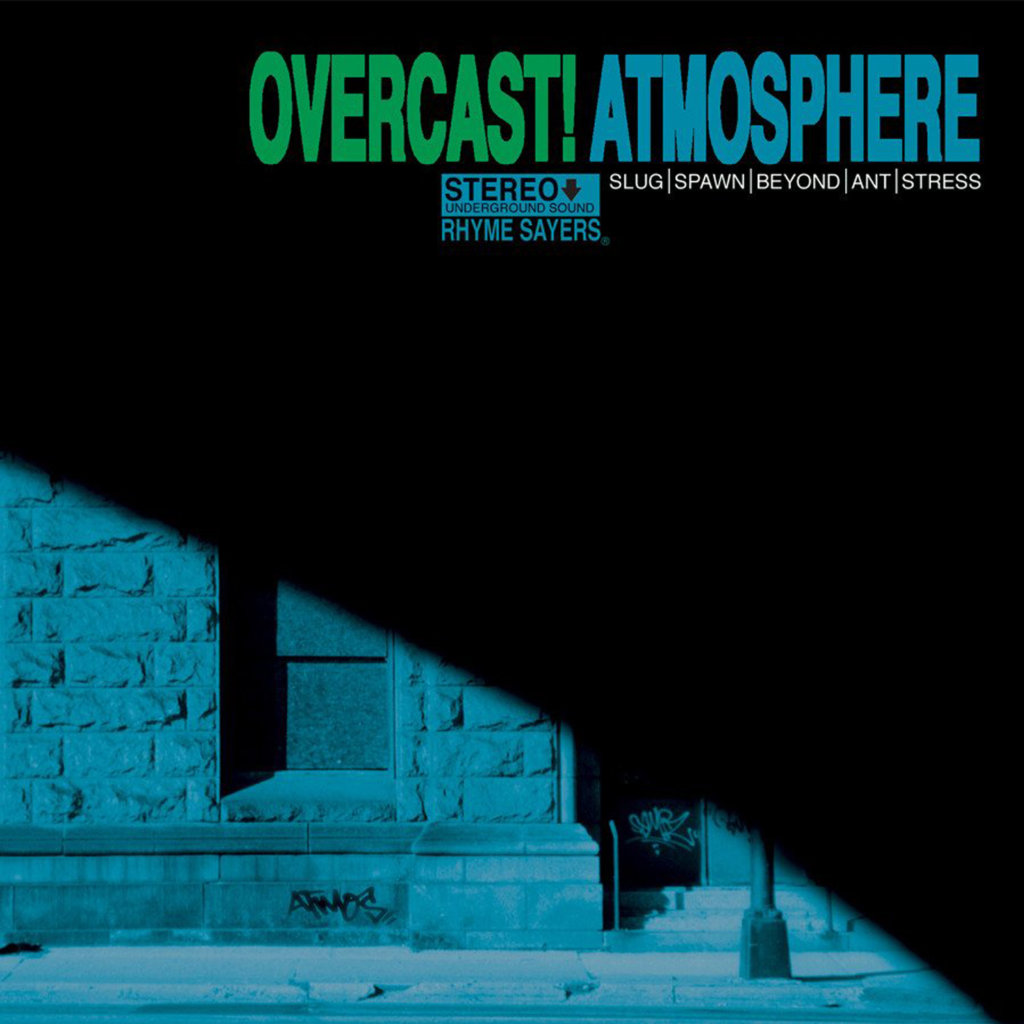
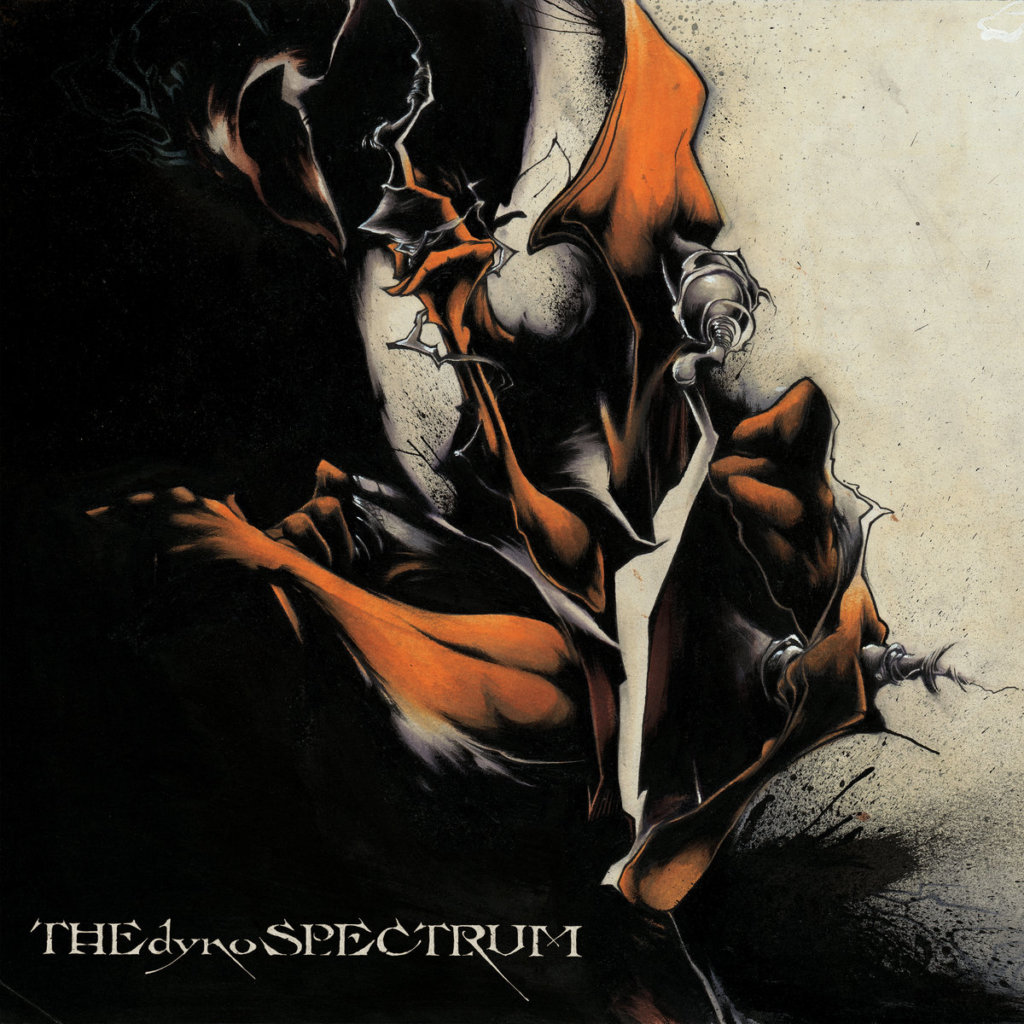
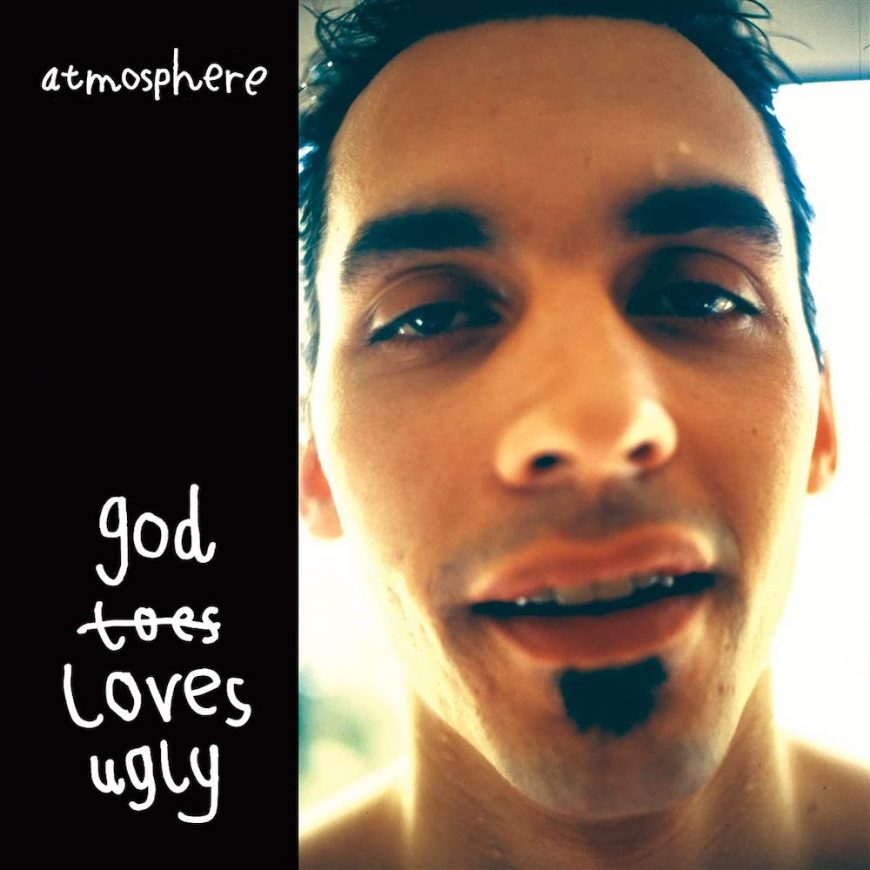
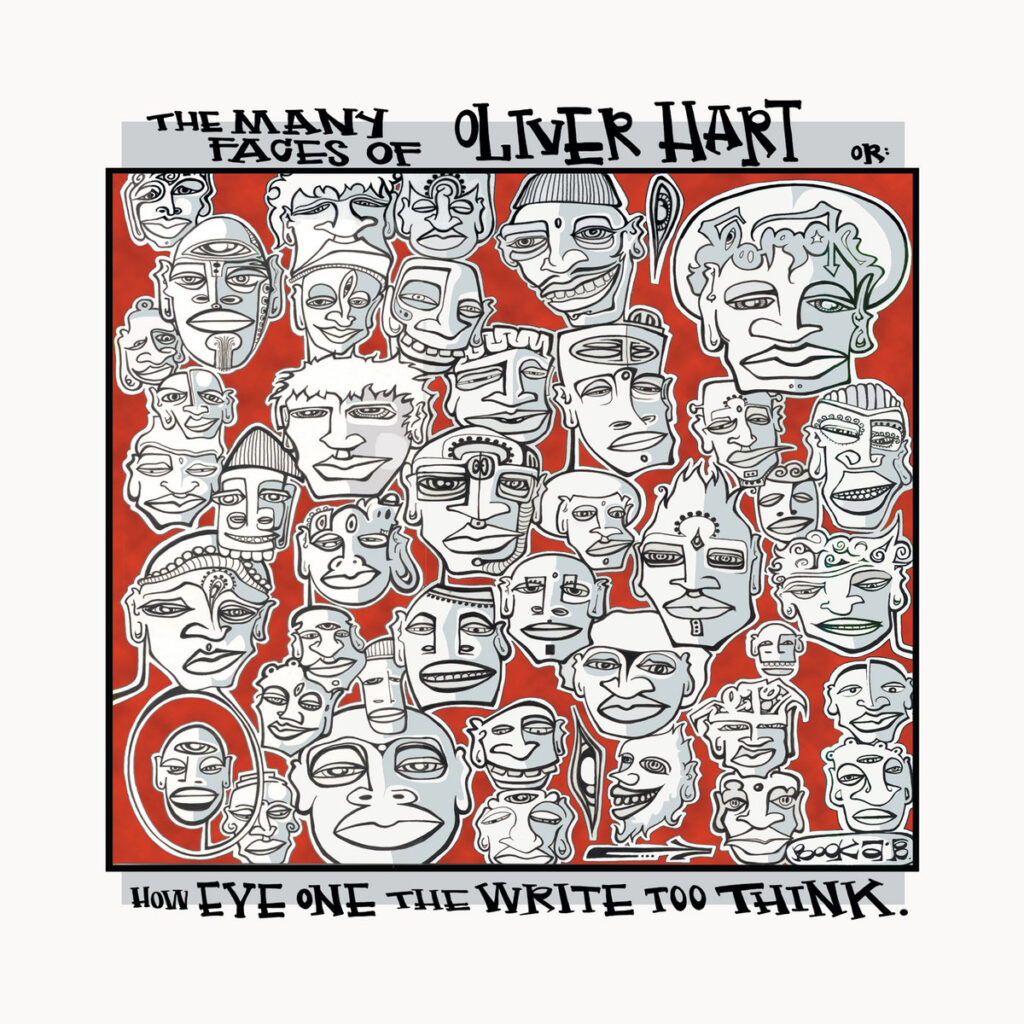
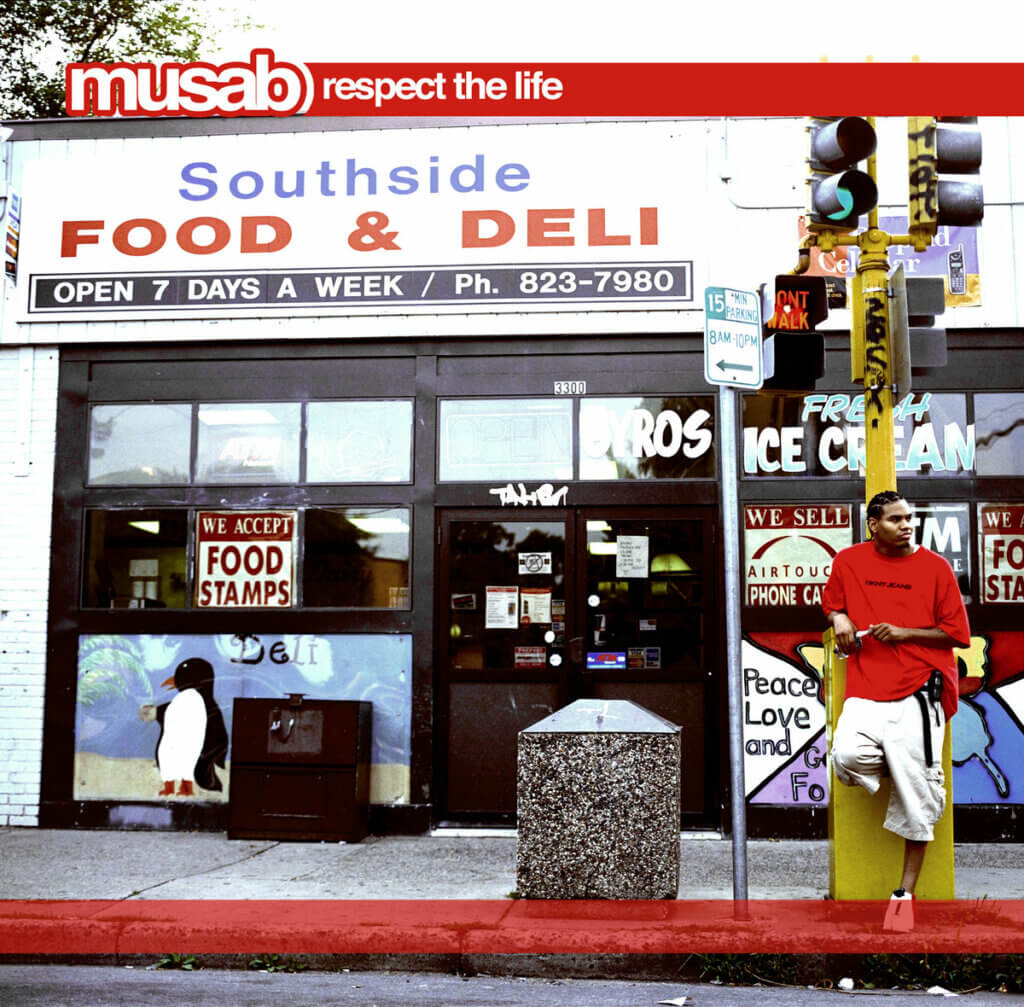

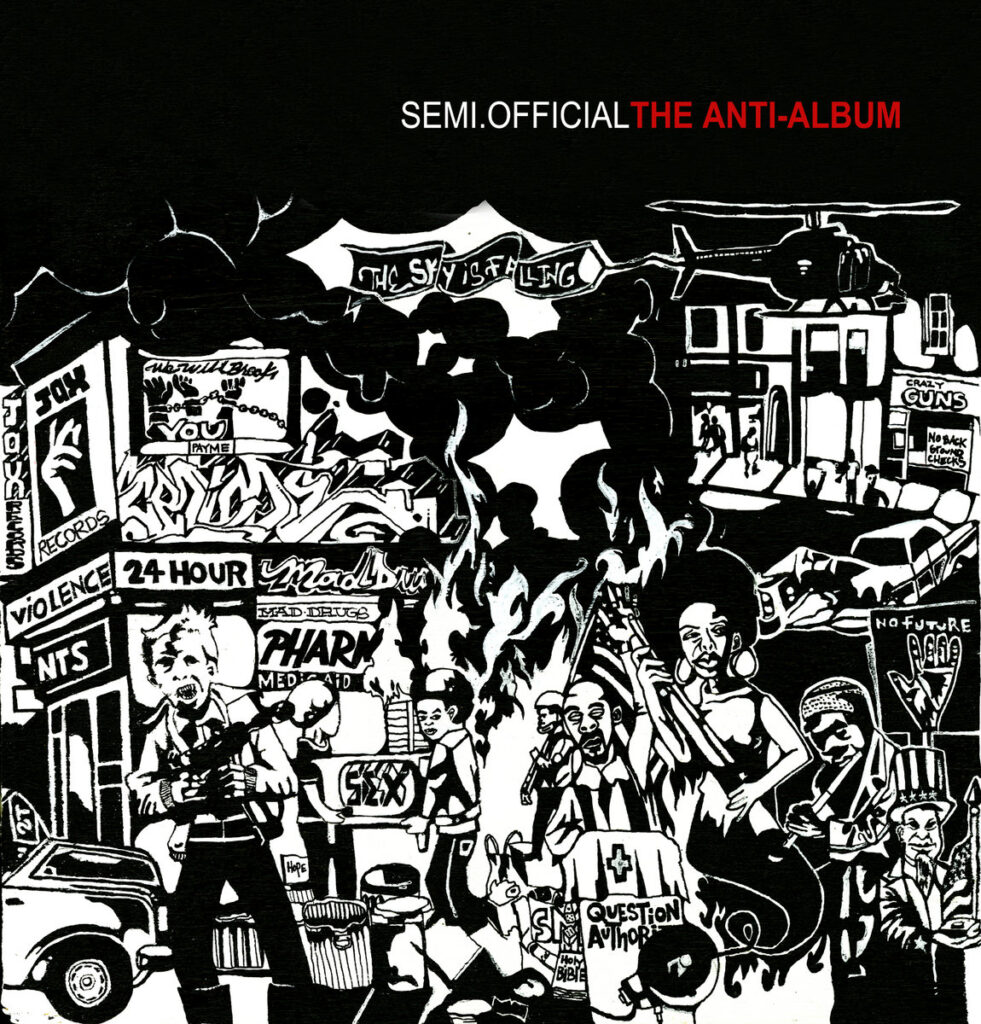
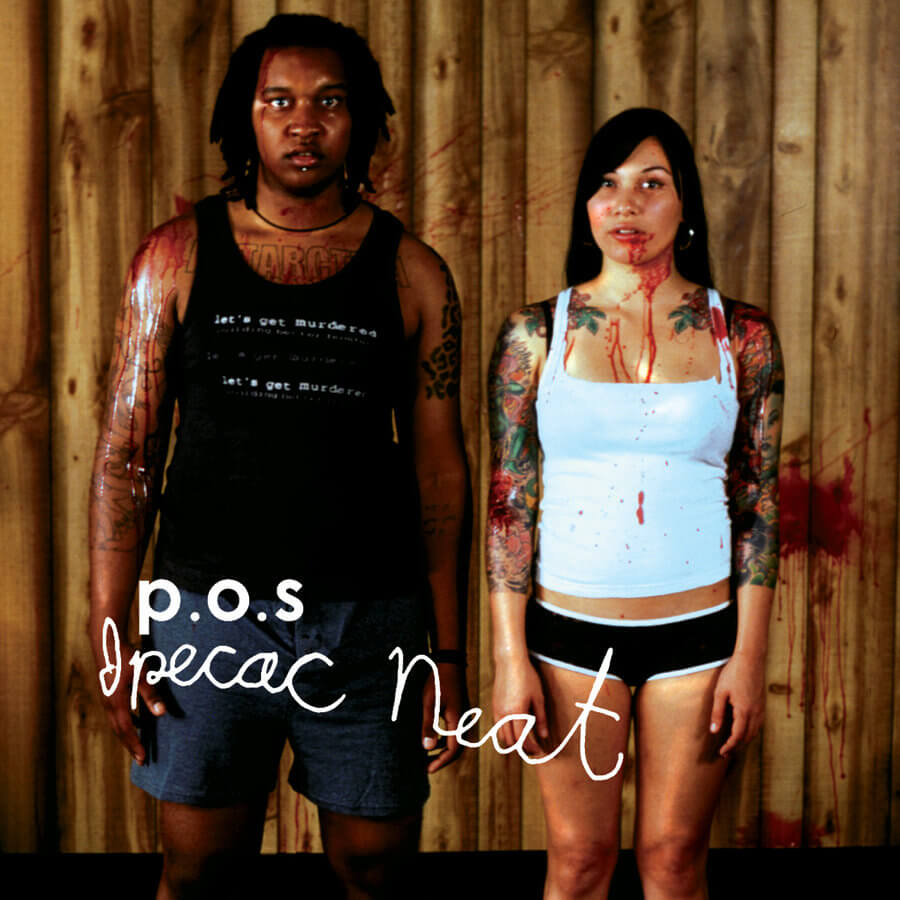
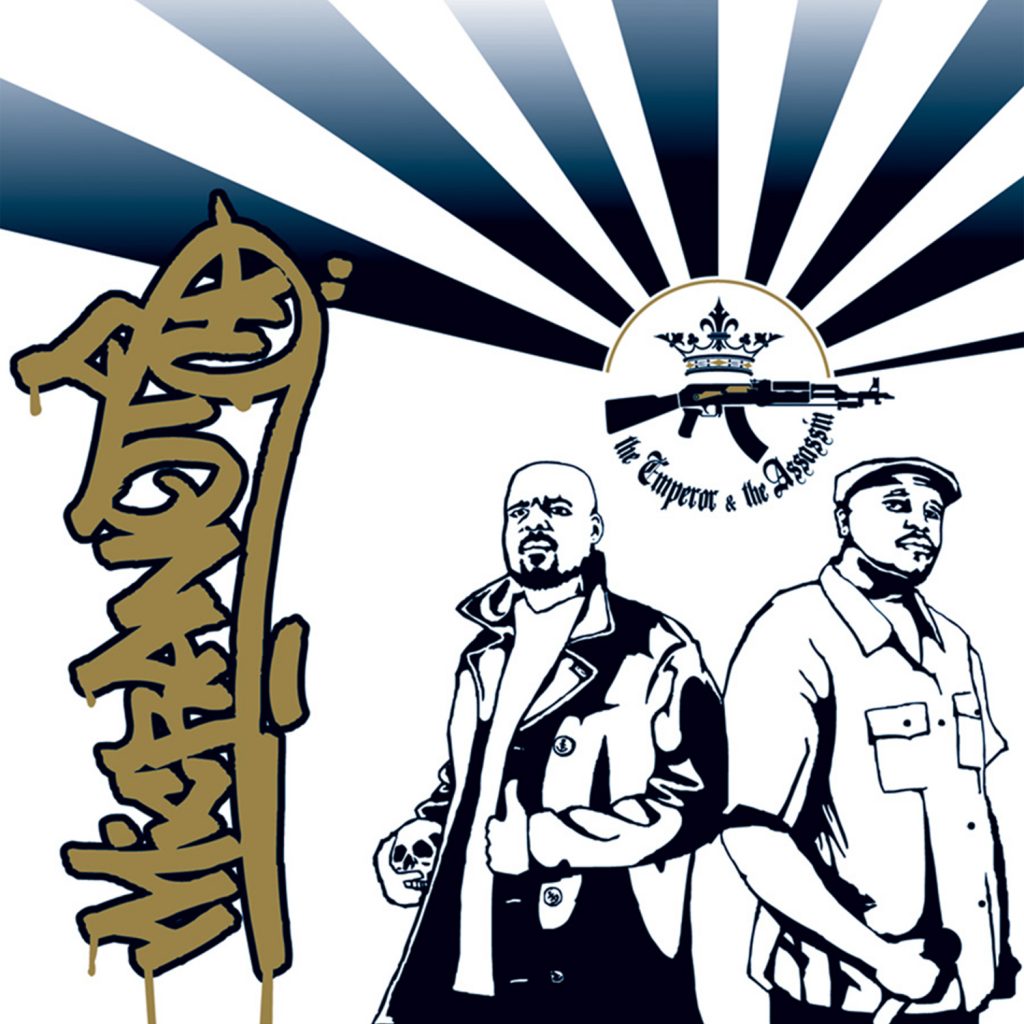
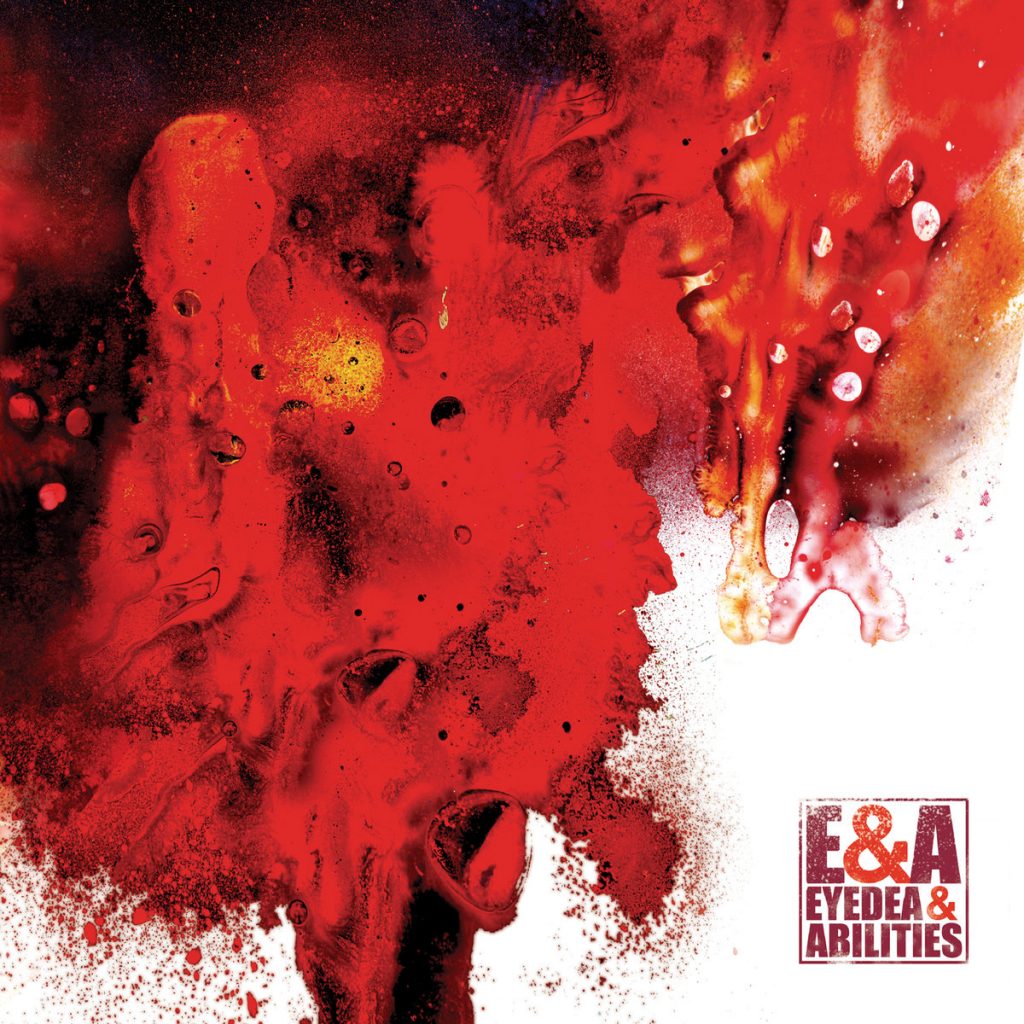
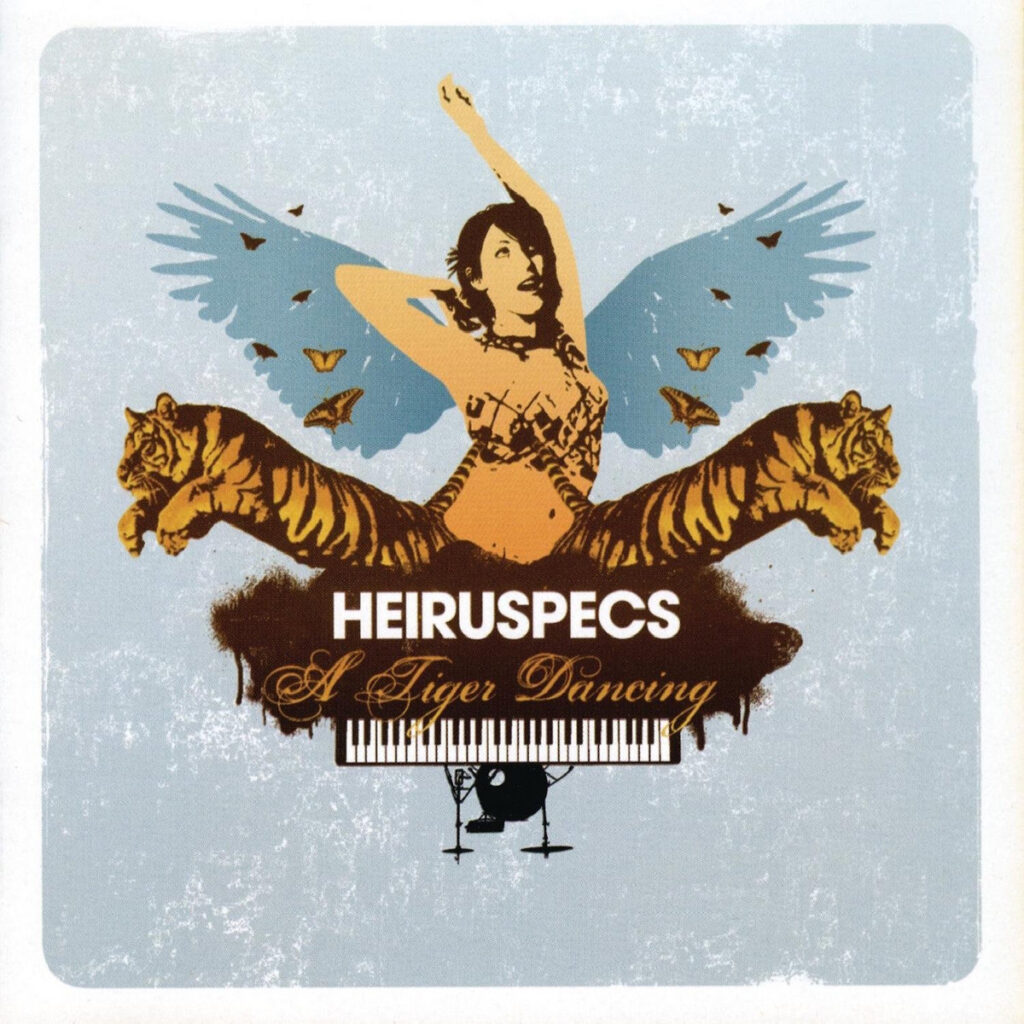
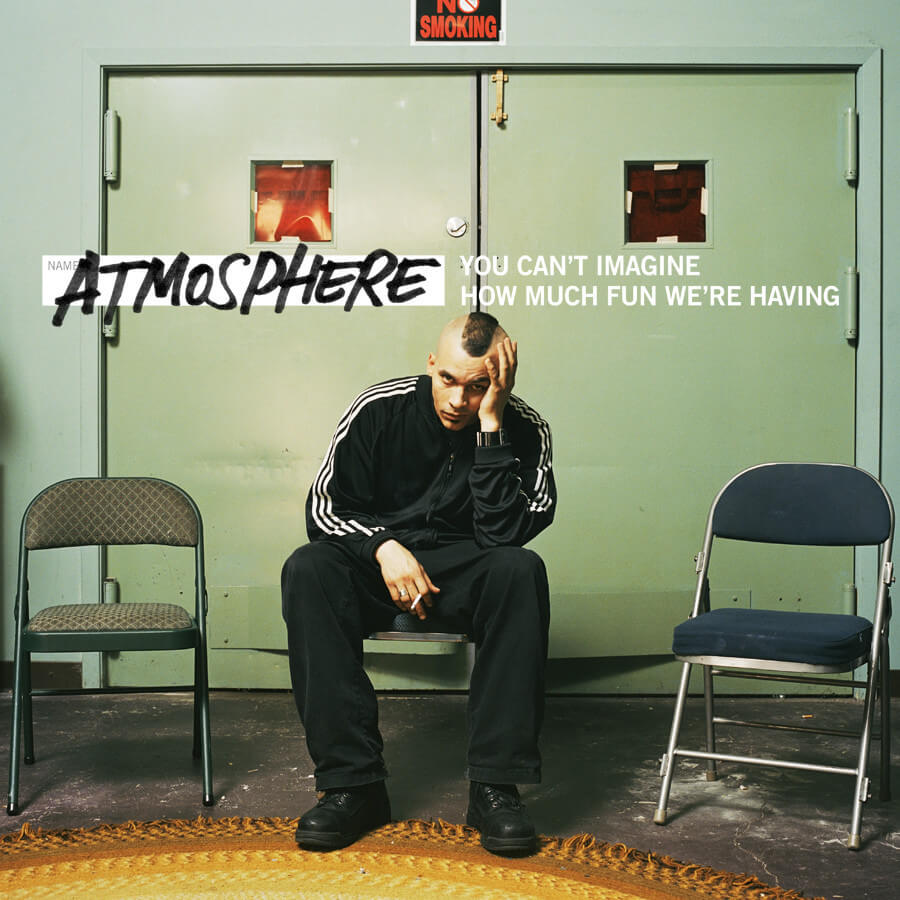


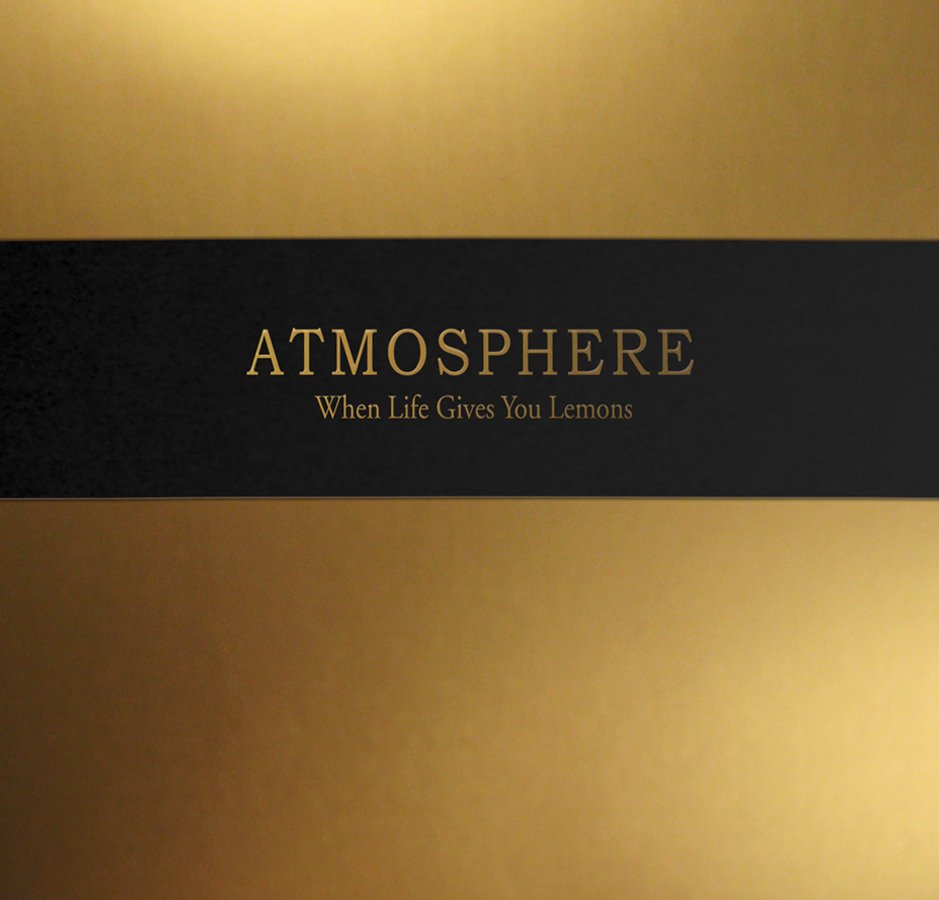
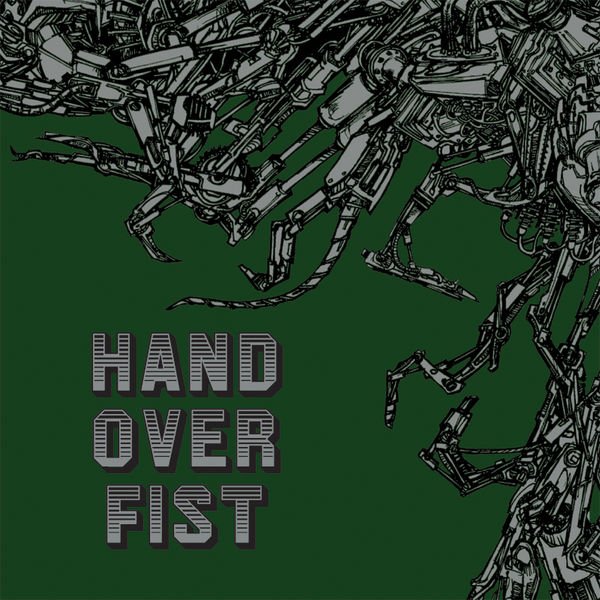
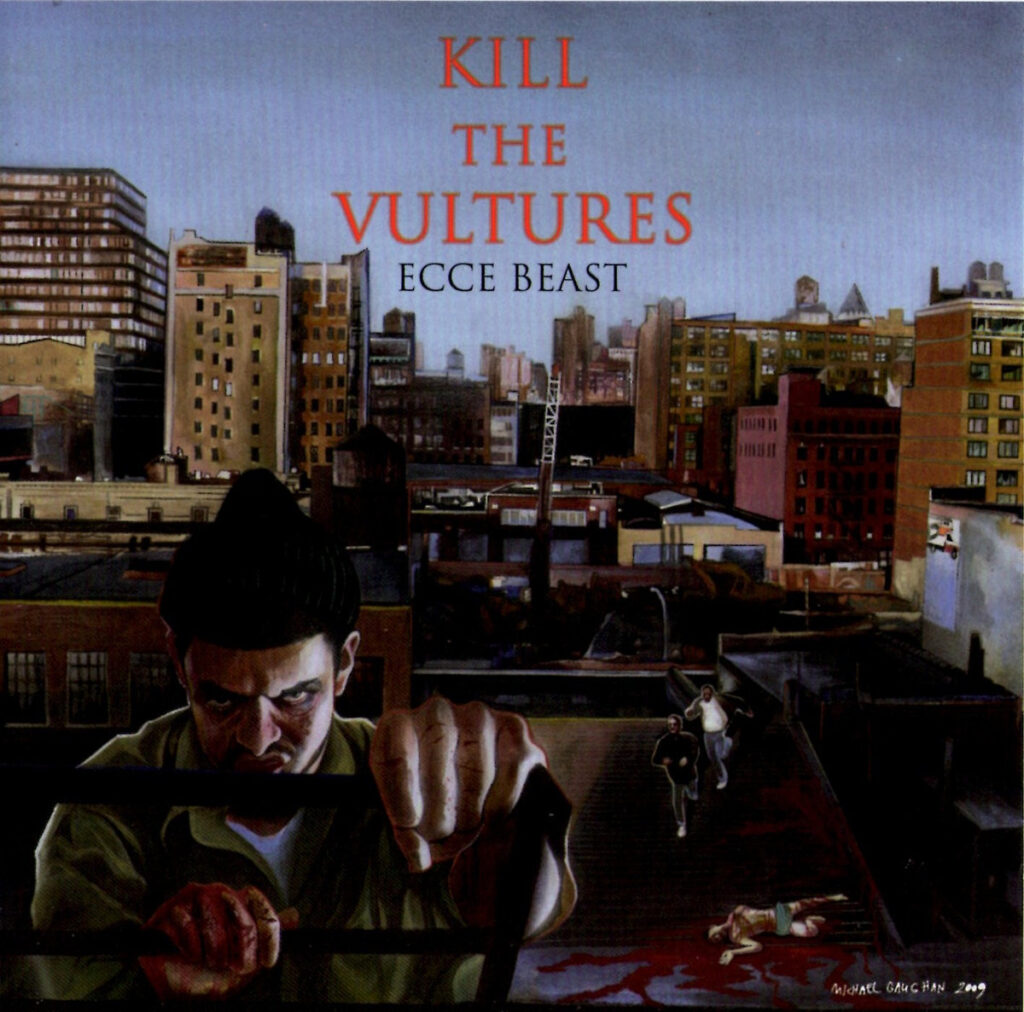
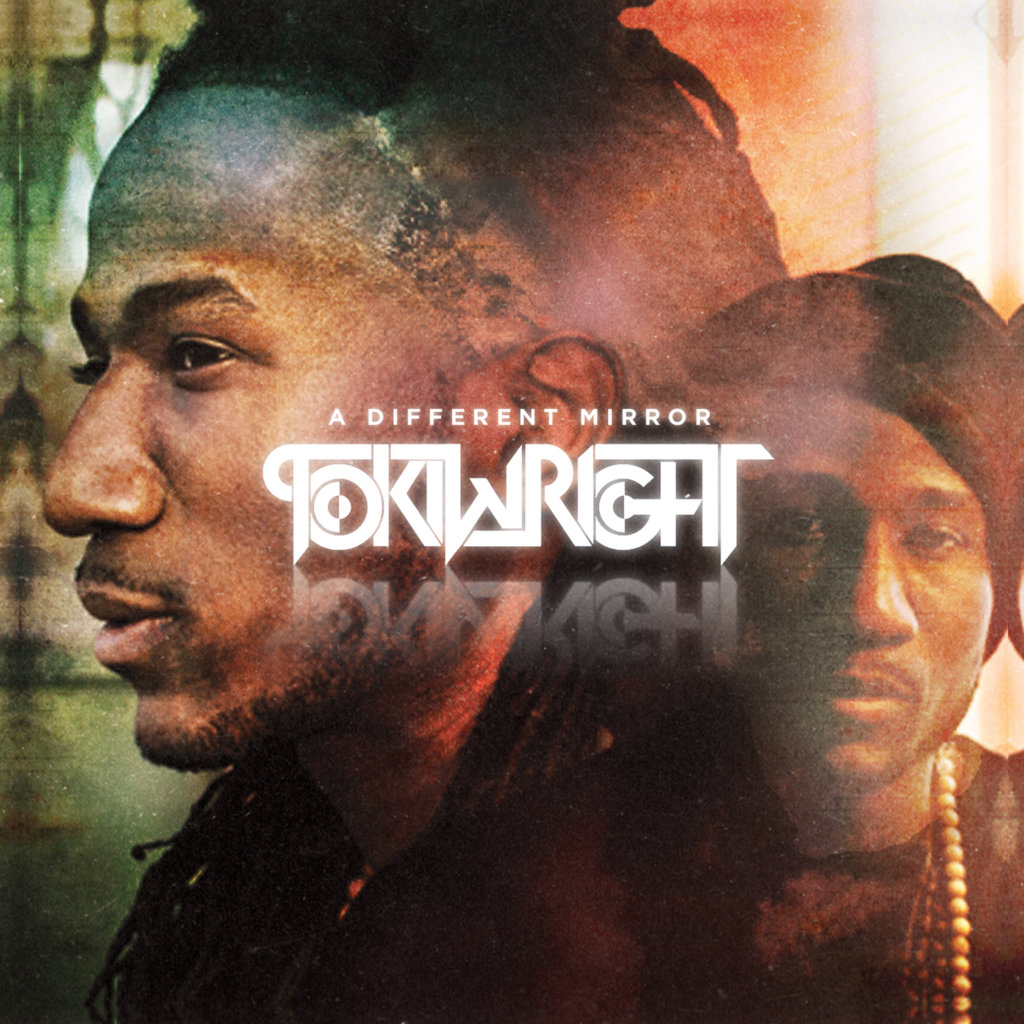
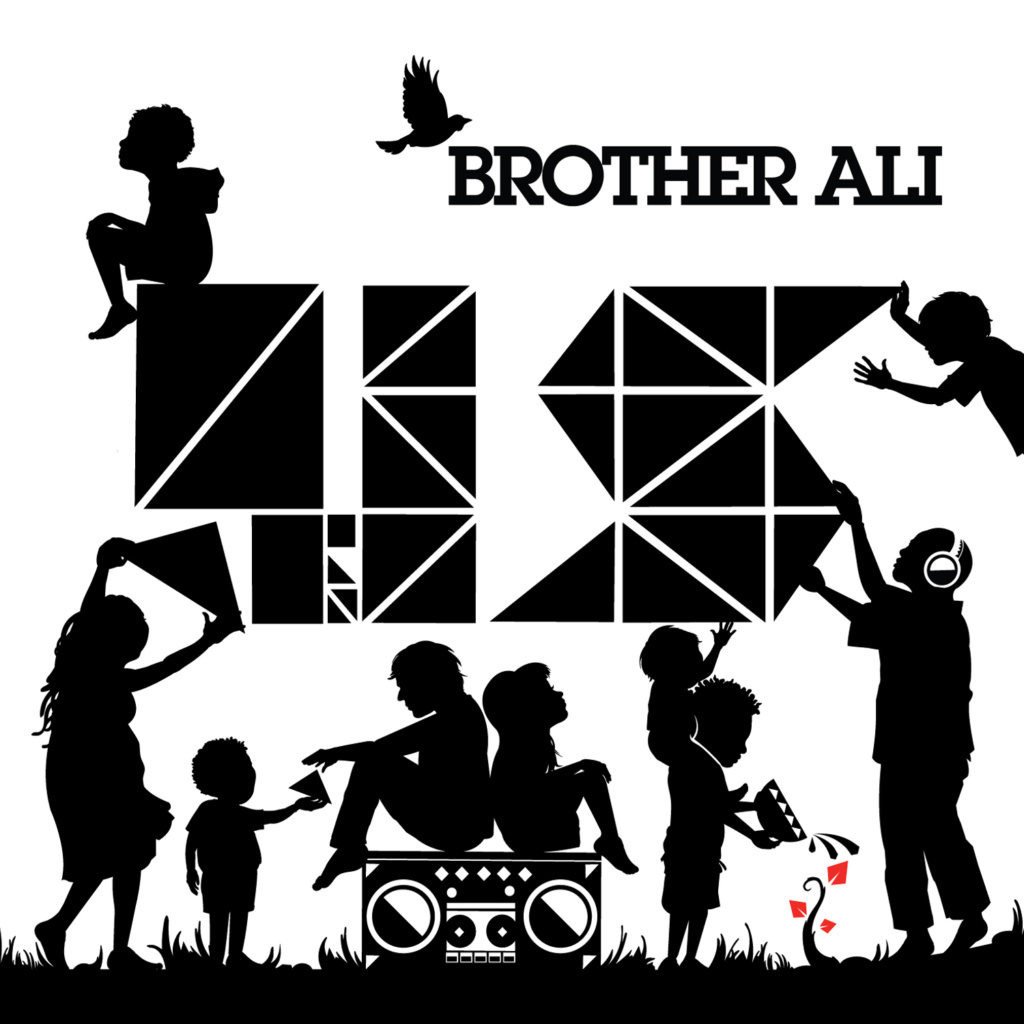
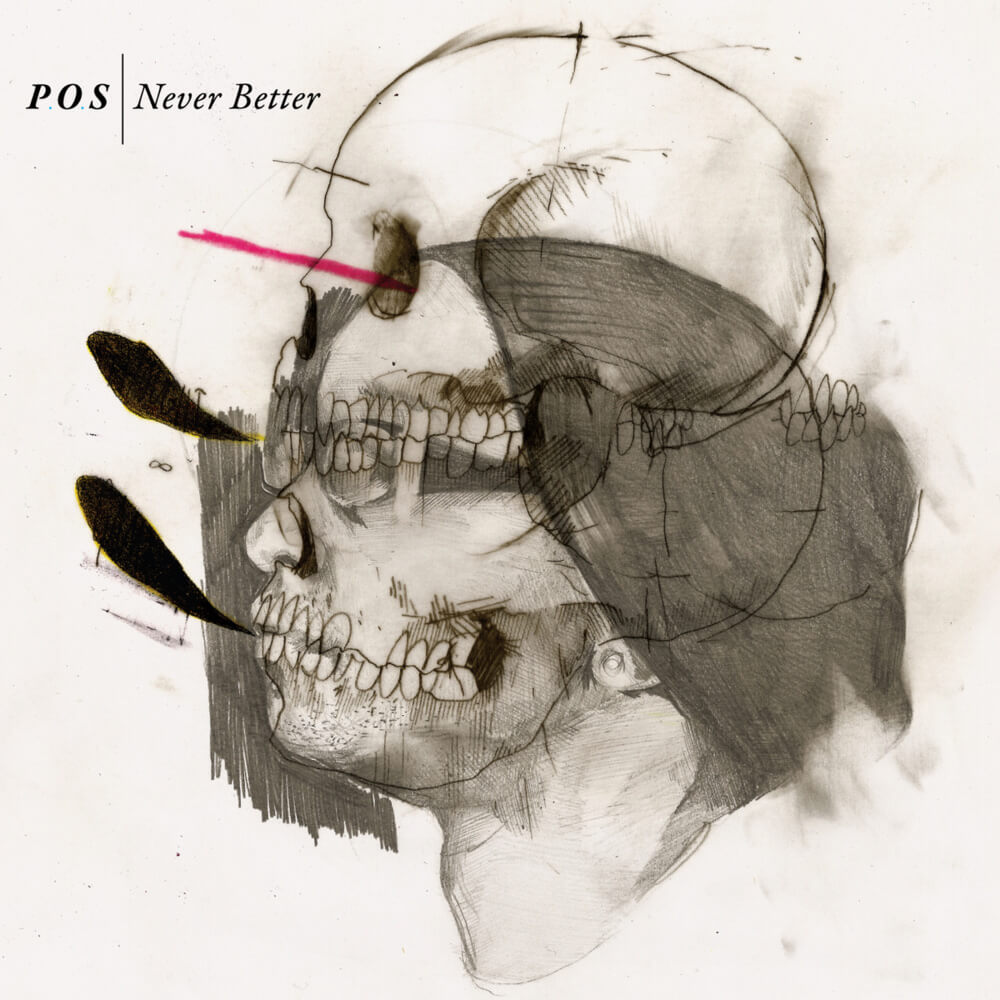
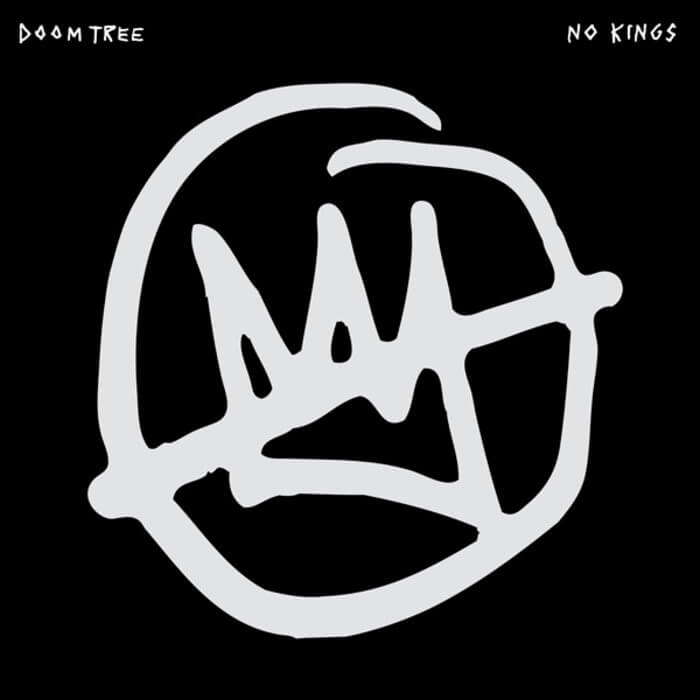
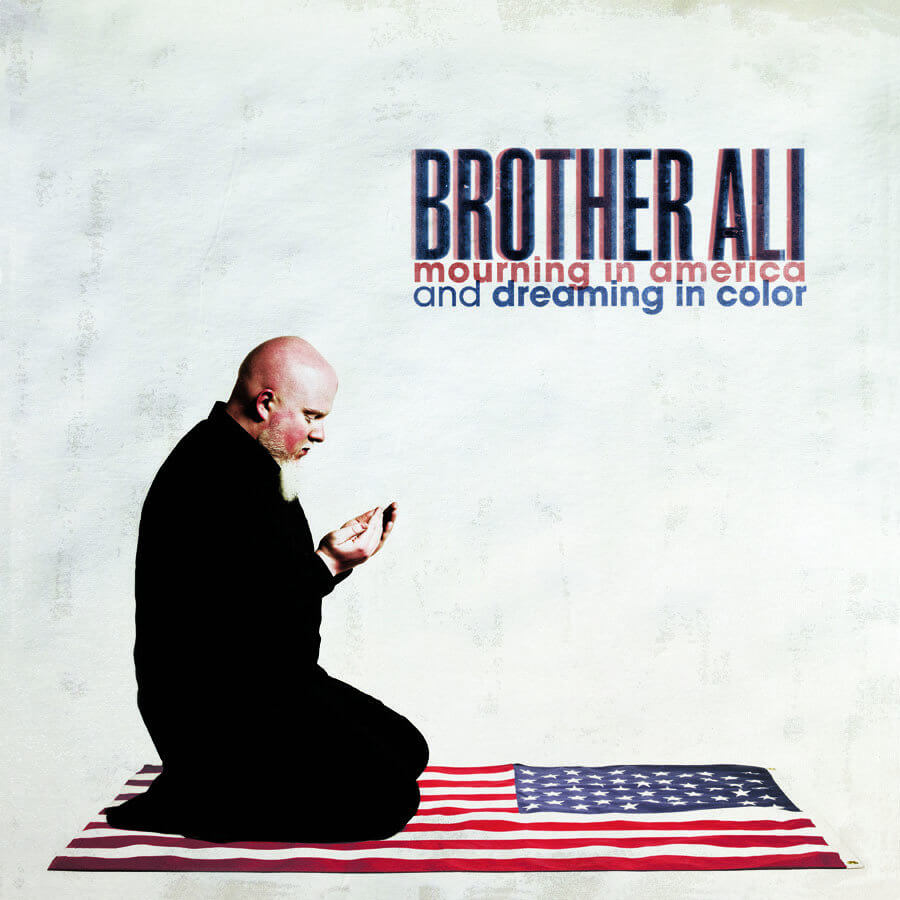

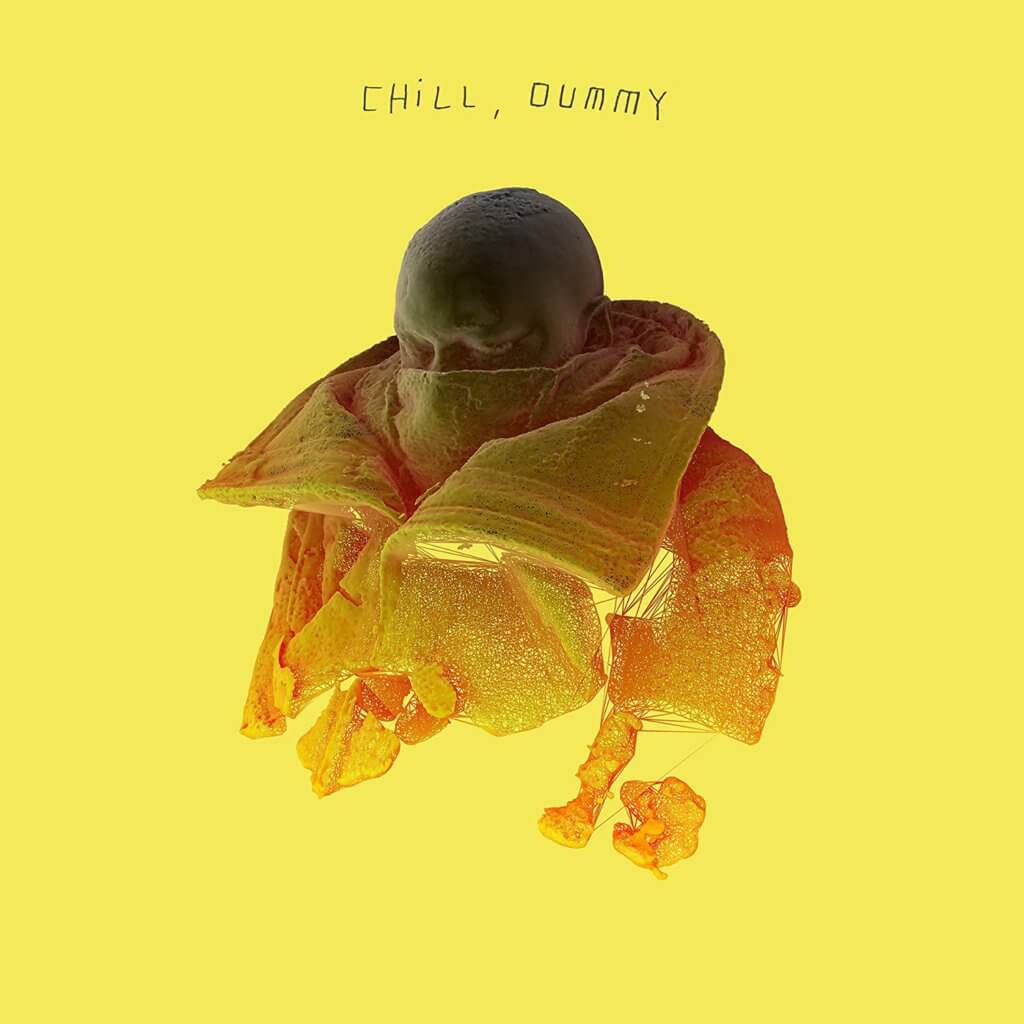

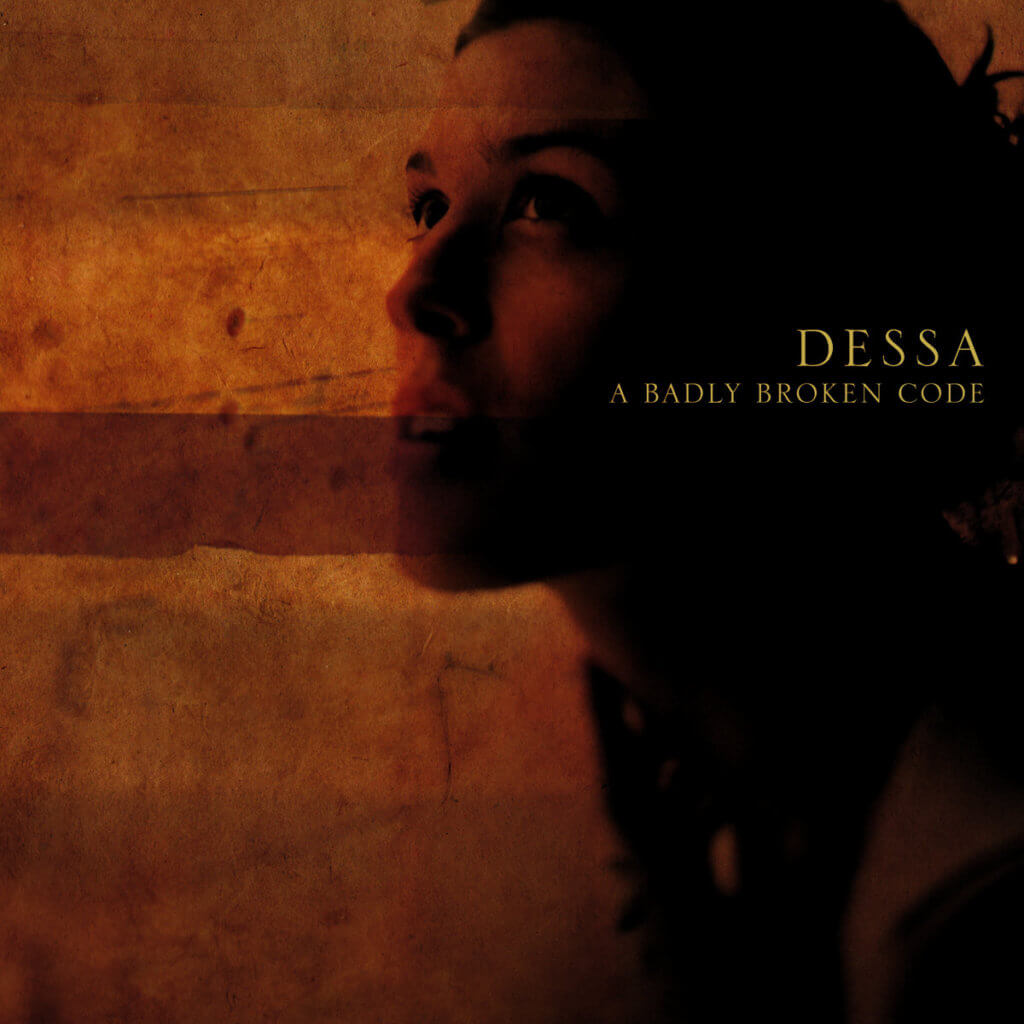
no tdf no lil shine and most importantly no JPRO 🙁